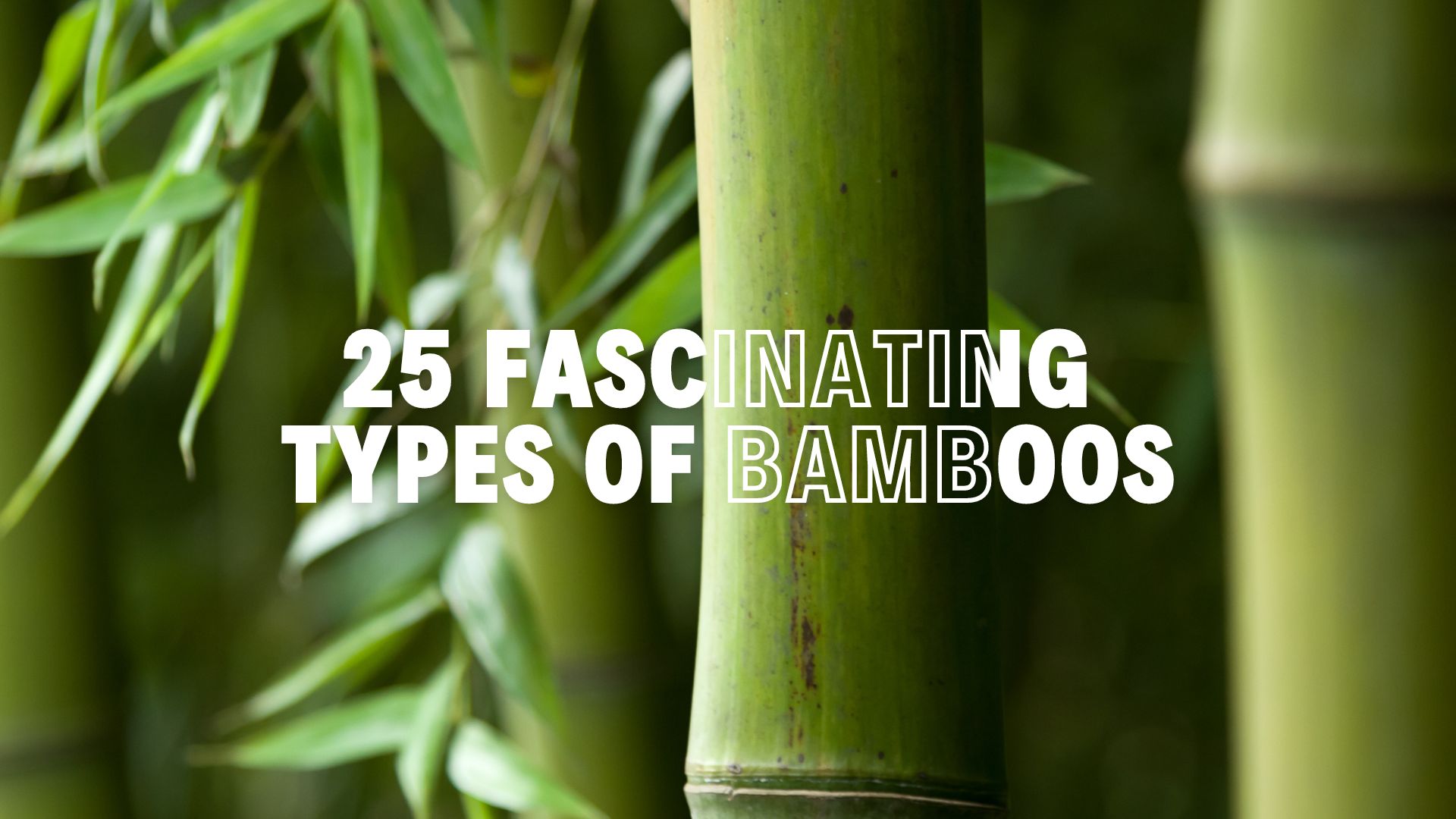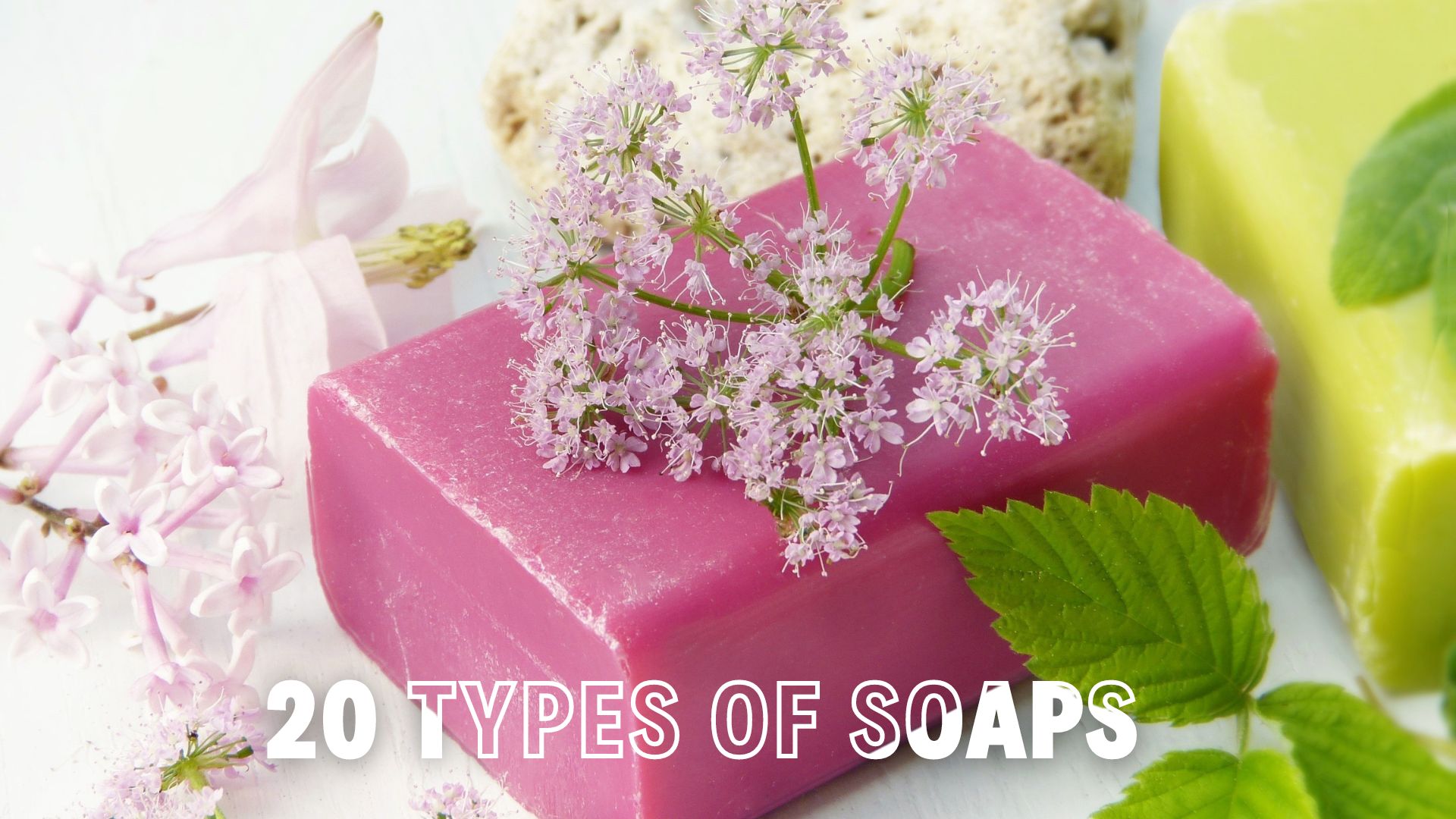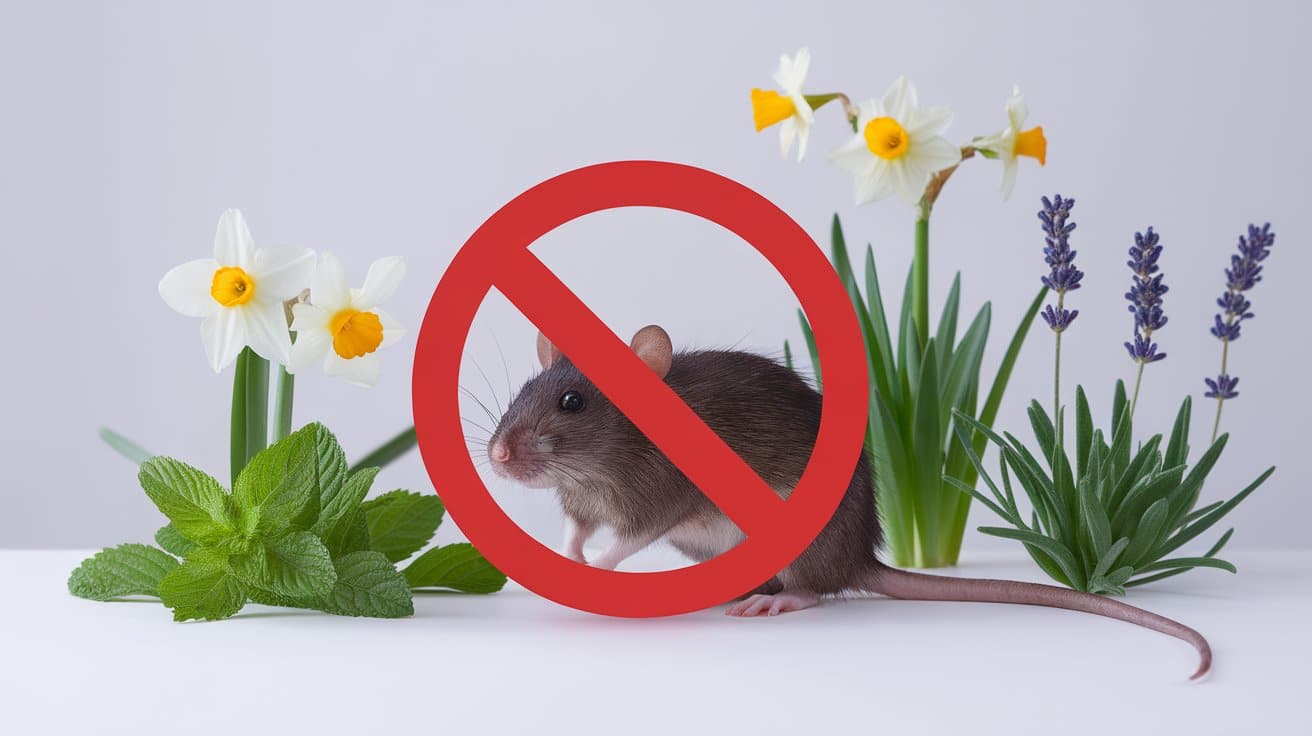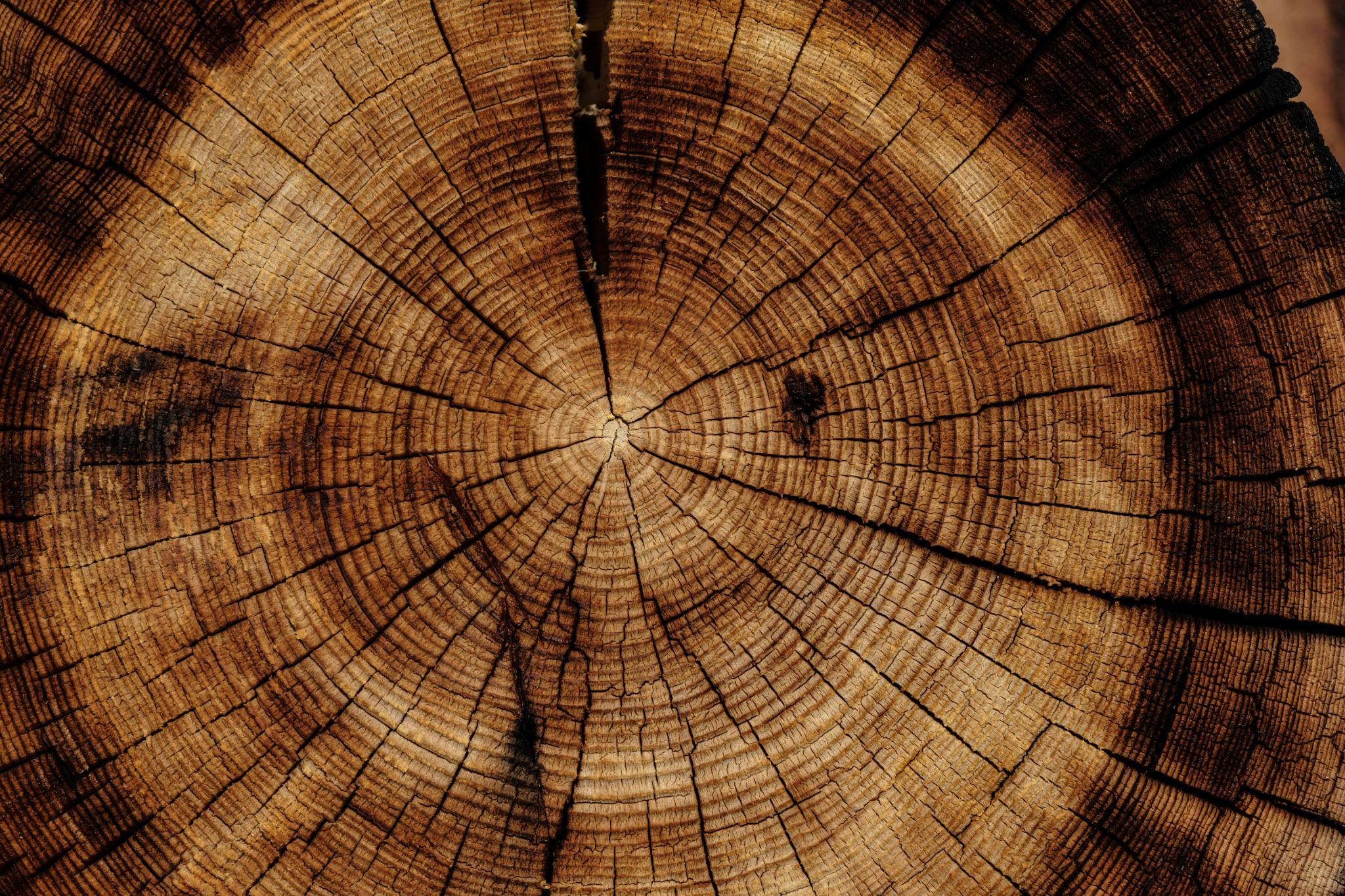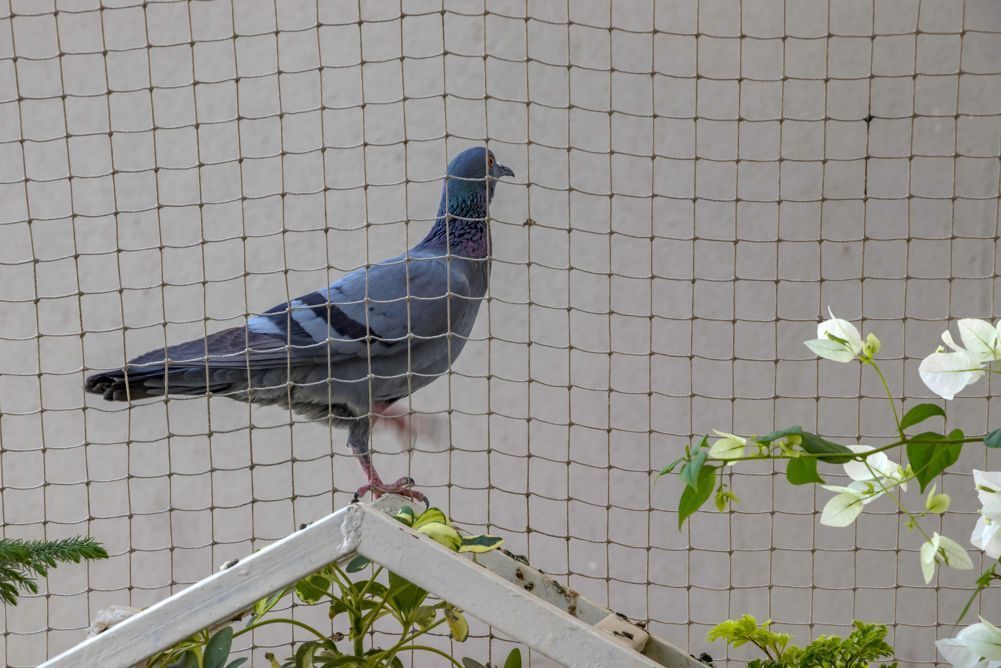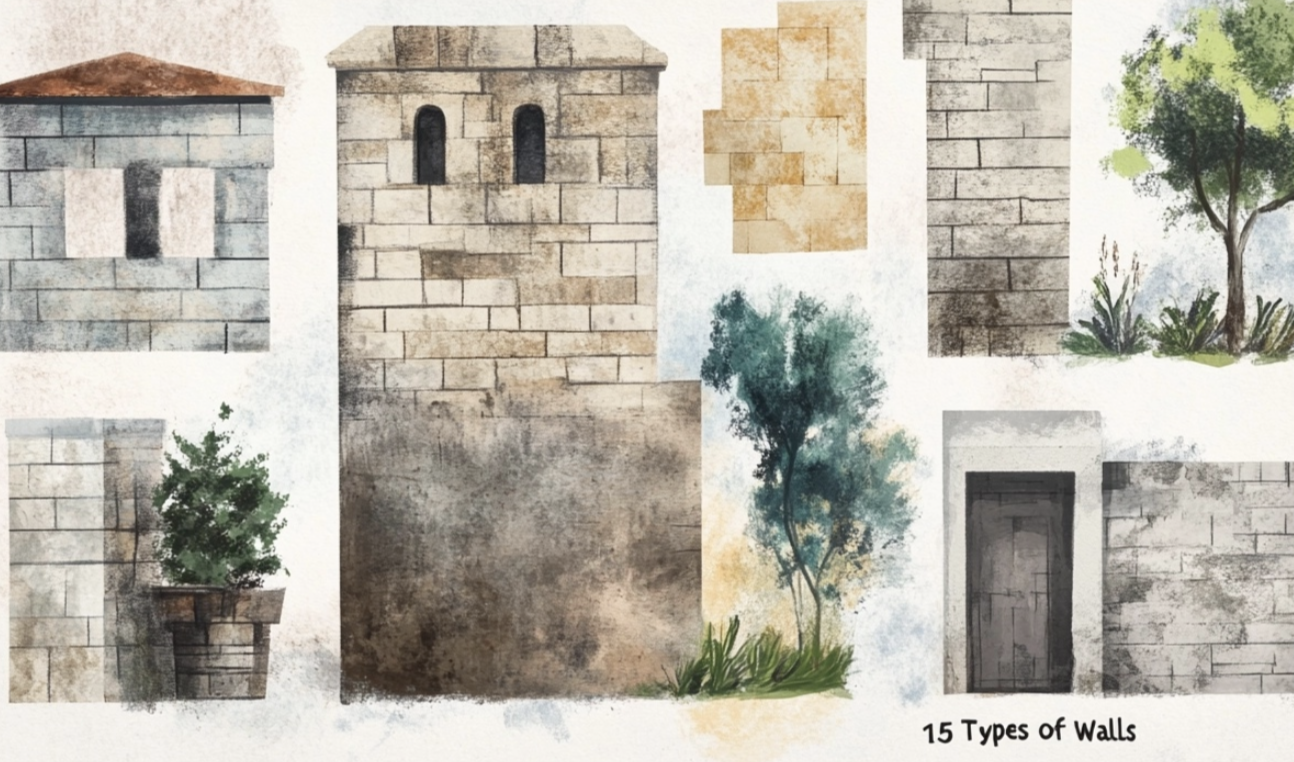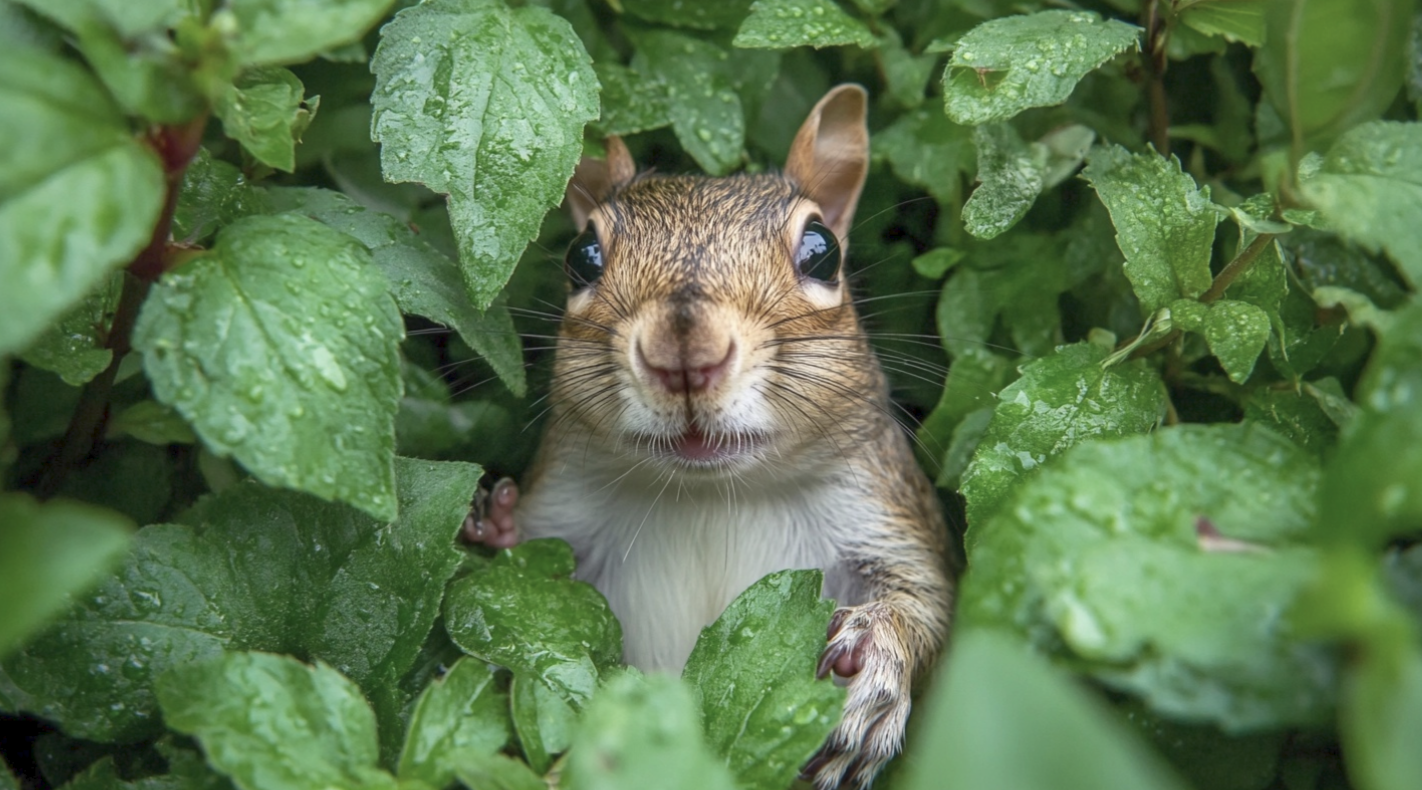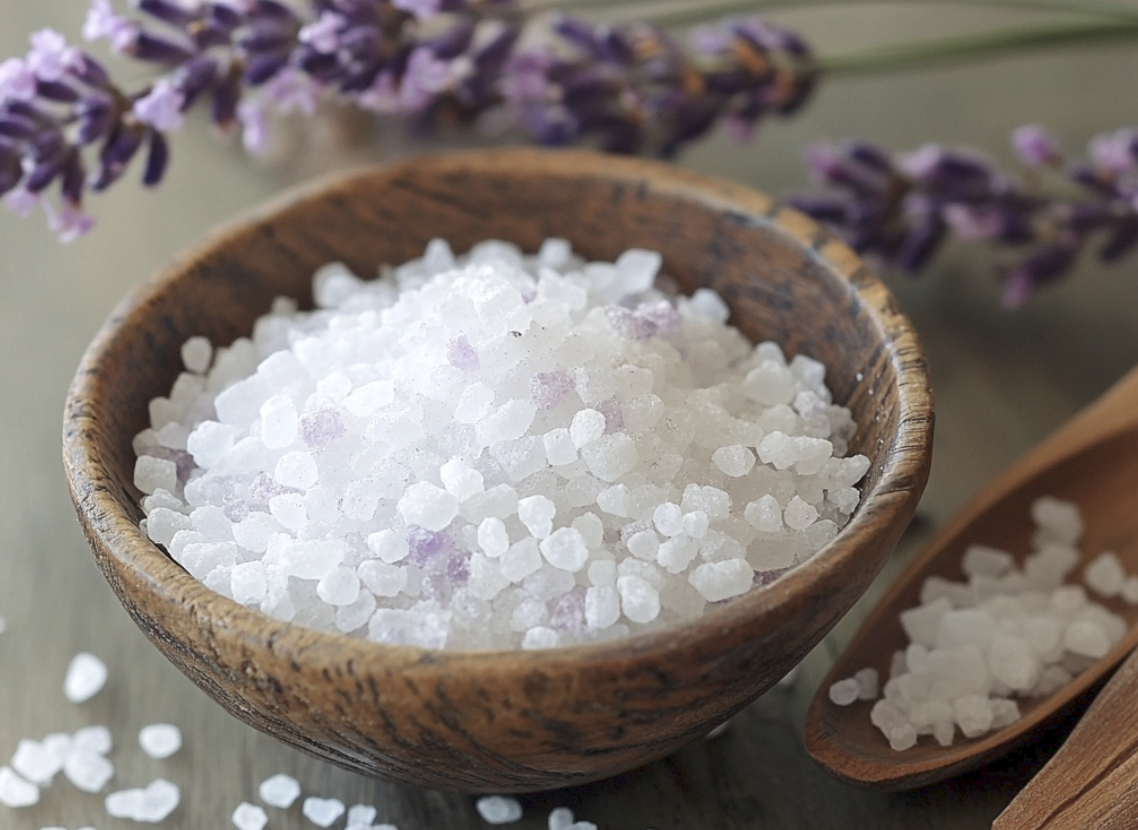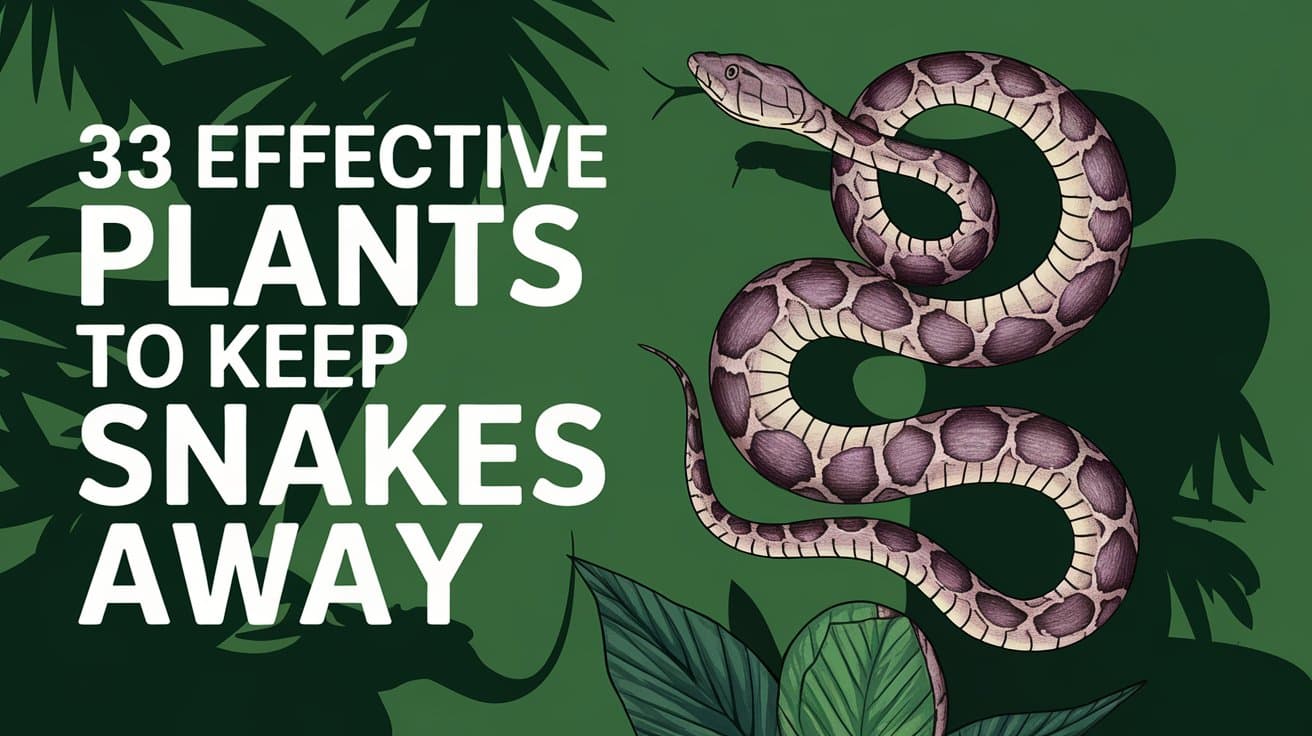
Snakes in your garden can make outdoor time stressful and concerning.
Many homeowners struggle to find natural ways to keep these unwanted visitors away from their property – especially when they have children and pets to protect.
Fortunately, there’s a simple, chemical-free solution that works: strategic plant selection. Many plants naturally keep snakes at bay through their strong scents and natural compounds that these reptiles actively avoid.
This guide walks you through 33 effective plants that help prevent snakes from entering your yard.
You’ll learn which plants work best, how to care for them, and the additional benefits they bring to your garden beyond snake prevention.
Best Plants to Keep Snakes at Bay
1. Marigold
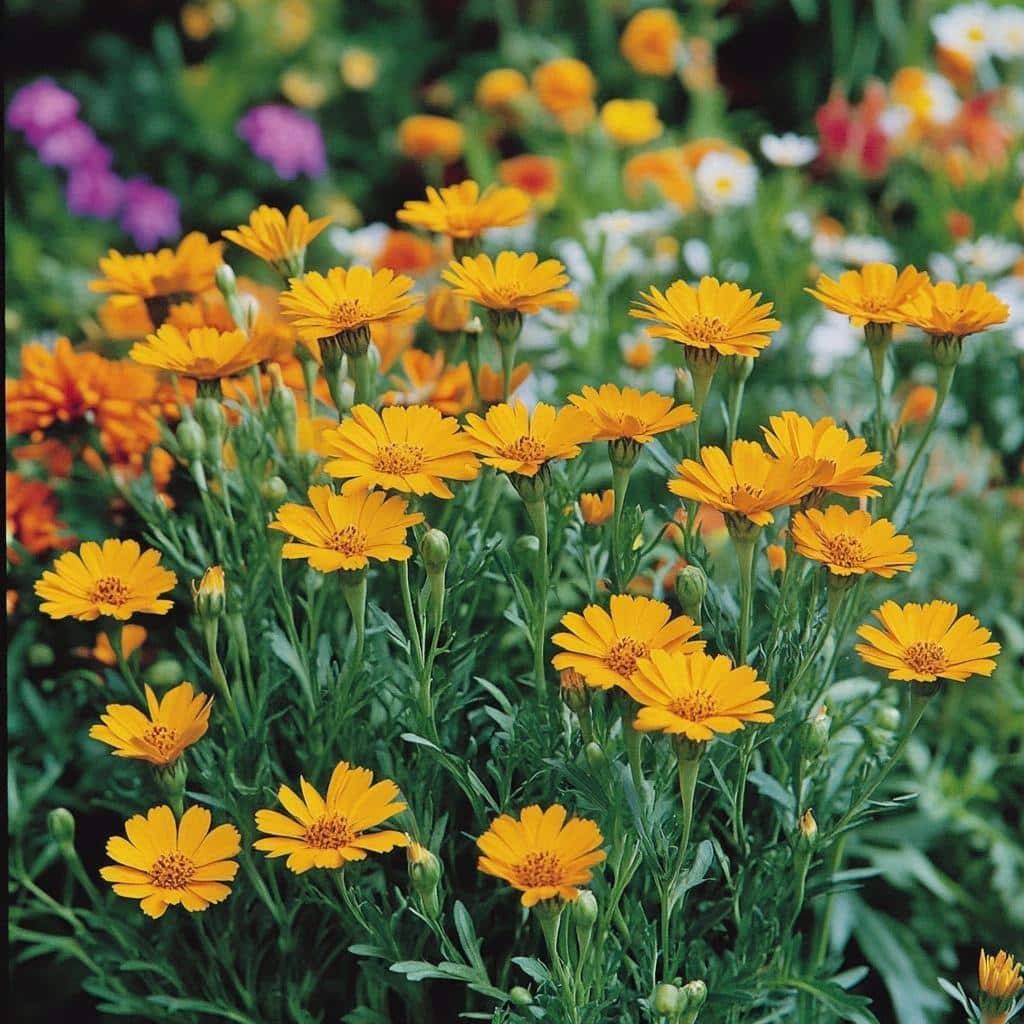
Marigolds are brightly colored flowers known for their strong, pungent scent.
Their odor is unpleasant to many pests, including snakes, and they are commonly used in gardens to naturally repel unwanted animals. Their bright, cheerful flowers make them a popular choice for ornamental planting.
- Plant Type: Annual flowering plant.
- Benefits: It also deters insects and other pests, improving plant health.
- Care: Requires full sunlight and well-drained soil, thrives in warm climates.
2. Lemongrass
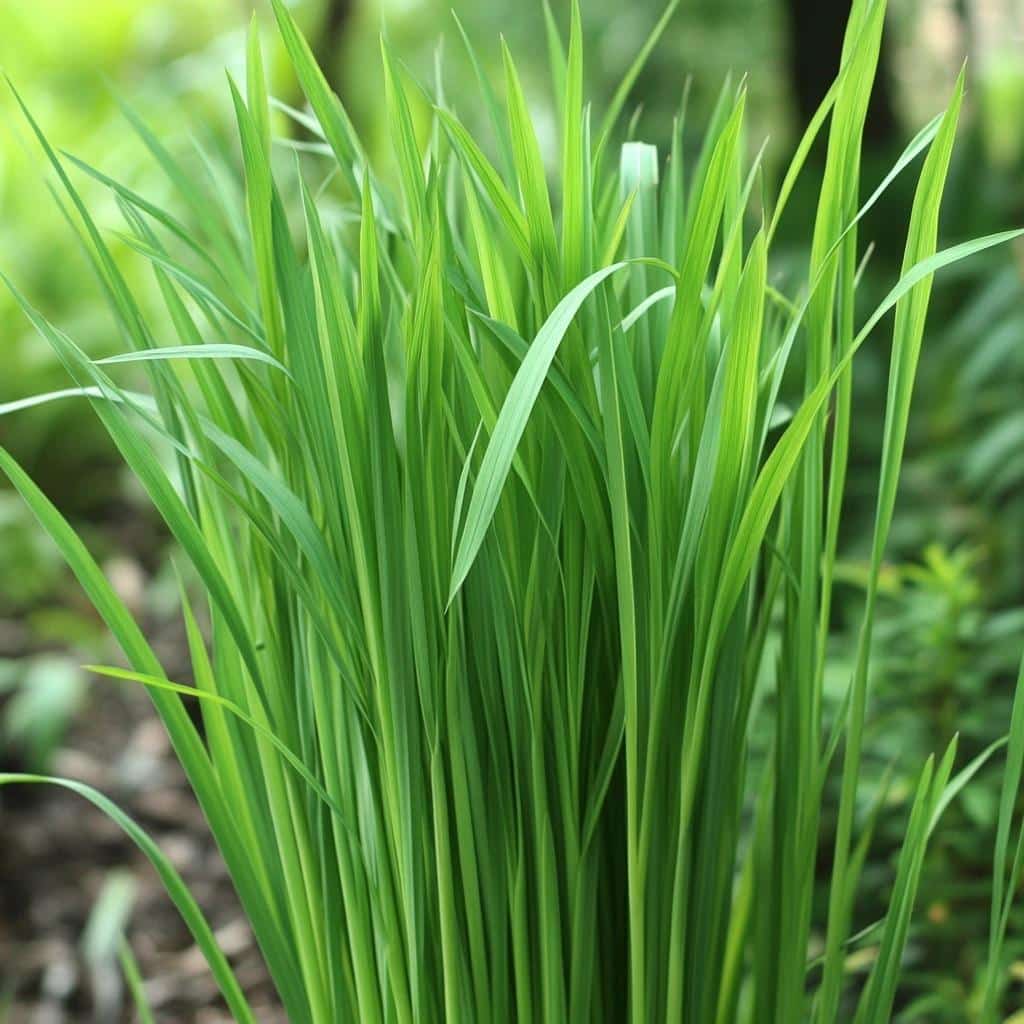
Lemongrass is a fragrant herb often used in cooking and traditional medicine. Its sharp citrus fragrance acts as a natural repellent for snakes and other pests. The plant’s vigorous growth makes it ideal for use as a border or barrier plant in gardens.
- Plant Type: Perennial grass.
- Benefits: Contains essential oils with medicinal properties, deters mosquitoes and other insects.
- Care: Prefers warm climates, full sunlight, and regular watering.
3. Garlic
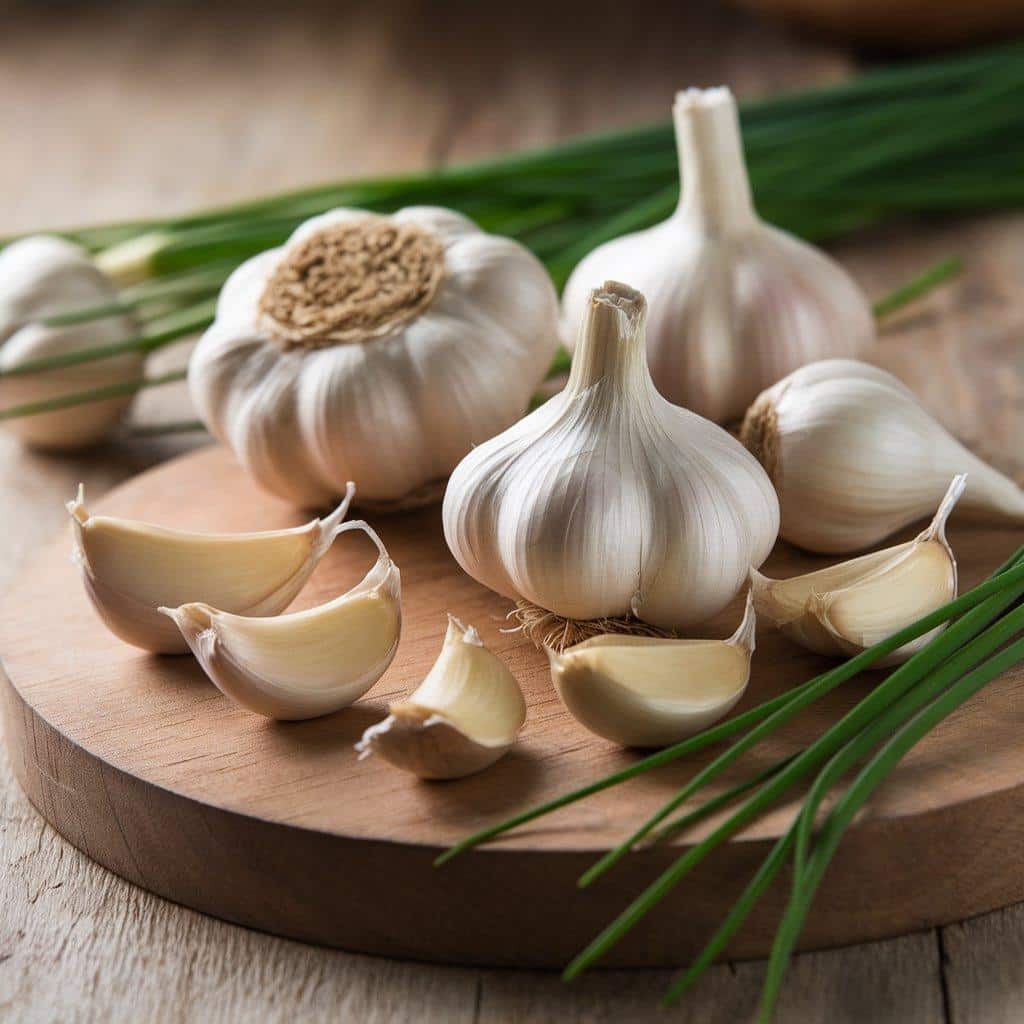
Garlic is a widely used herb known for its strong, pungent odor, which repels many pests, including snakes. When planted in the garden, crushed or chopped garlic can create an environment less appealing to snakes and can be used in a variety of forms to deter them.
- Plant Type: Bulbous perennial.
- Benefits: Known for its antibacterial, antiviral, and insect-repellent properties.
- Care: Grows well in well-drained, fertile soil and requires full sun exposure.
4. Onion
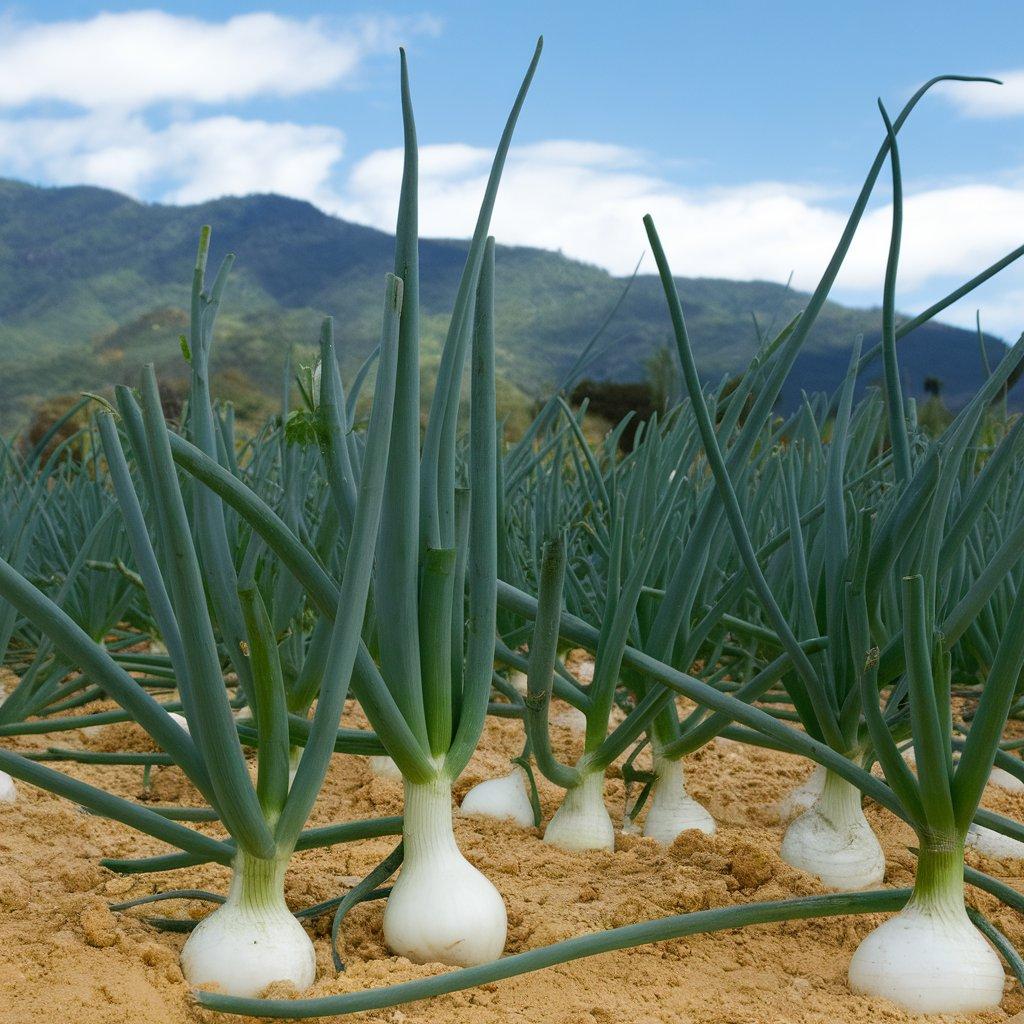
Onions, like garlic, have a strong, pungent smell that is highly effective in deterring snakes. Their odor is particularly intense when crushed or cut, making them an excellent natural snake repellent. Onions are often planted alongside other crops to keep pests away.
- Plant Type: Biennial or annual vegetable plant.
- Benefits: Deters a variety of pests, including insects and rodents.
- Care: Requires well-drained soil, full sun, and moderate watering.
5. Mother-in-law’s Tongue
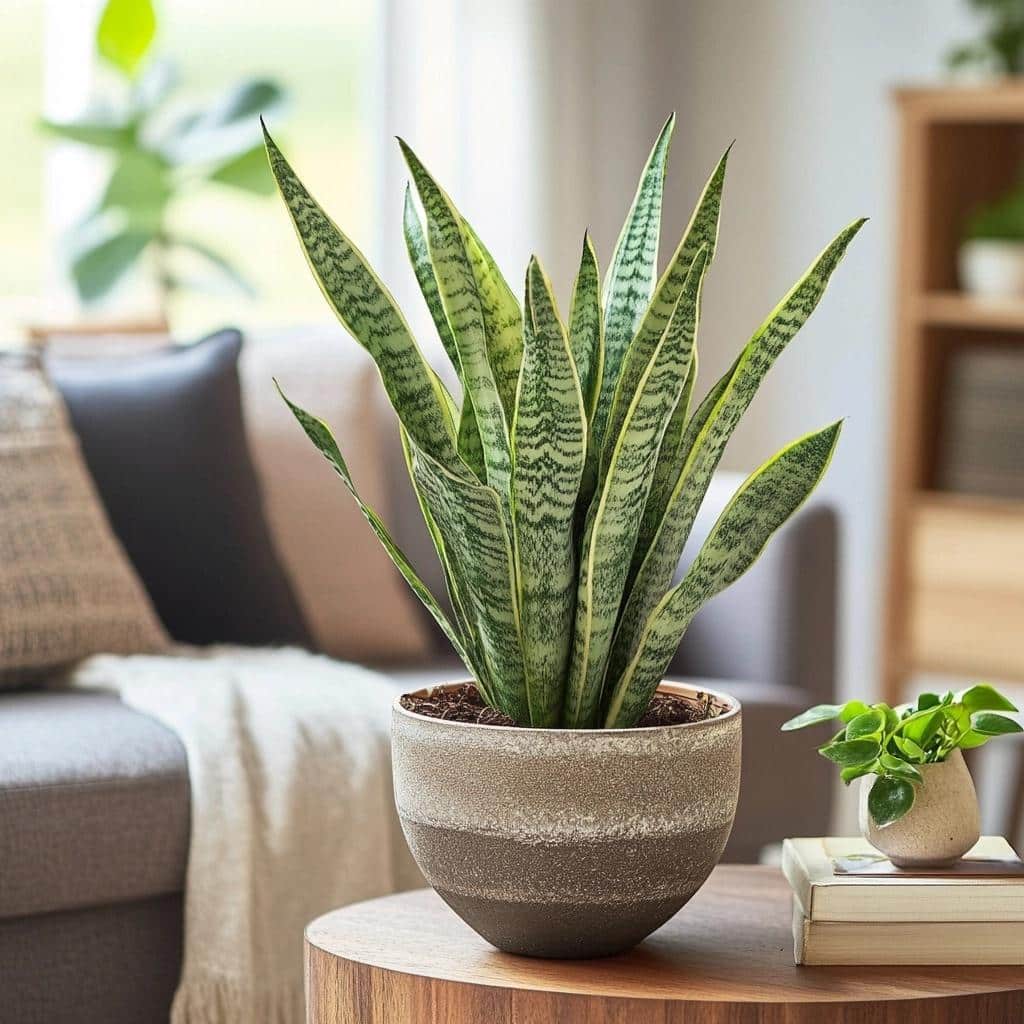
Mother-in-law’s Tongue, also known as Snake Plant, is a hardy, low-maintenance houseplant. Its upright, sword-shaped leaves and ability to tolerate neglect make it a popular indoor plant. Its presence is believed to discourage snakes due to its sharp leaves and strong smell.
- Plant Type: Perennial, indoor or outdoor ornamental plant.
- Benefits: Known for air-purifying properties and low maintenance.
- Care: Thrives in low light and requires infrequent watering.
6. Pink Agapanthus
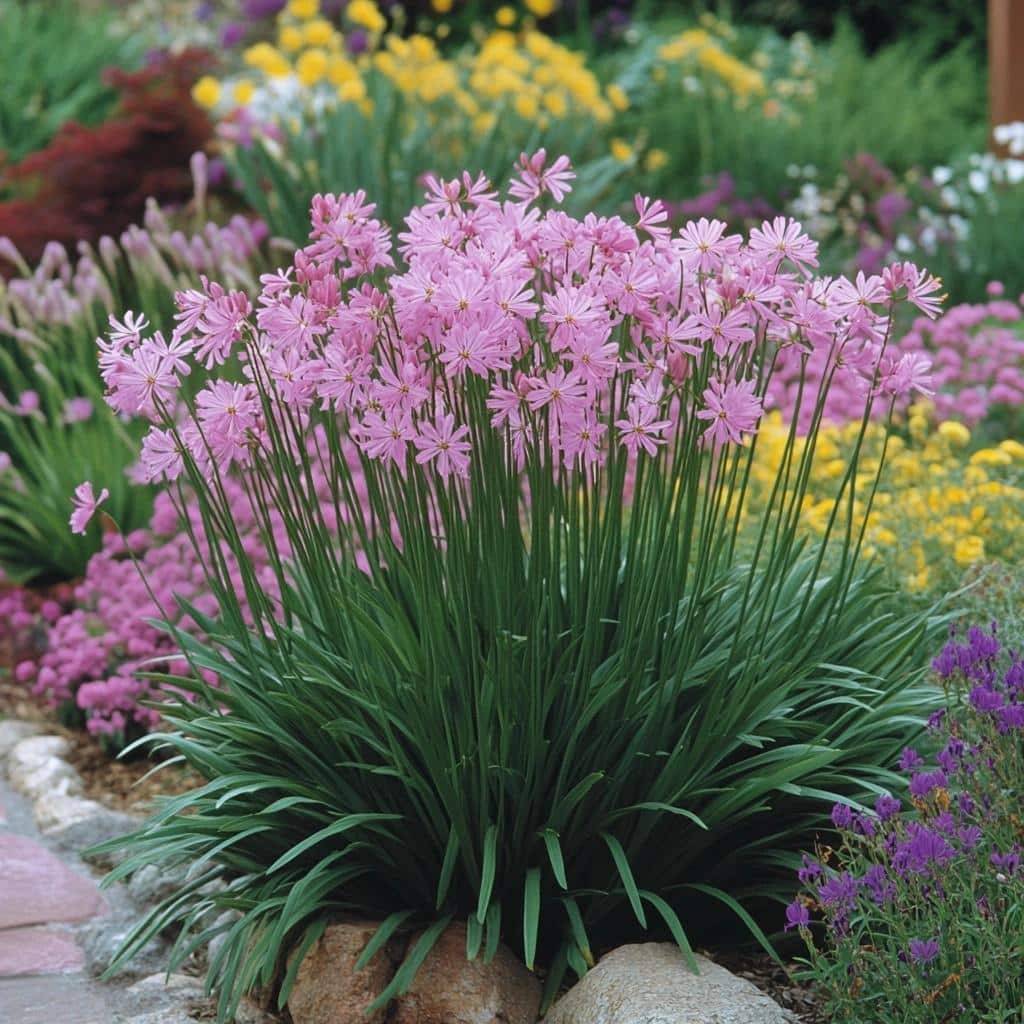
Pink Agapanthus, or Society Garlic, is a striking plant with lavender-colored flowers and a strong, garlic-like scent. Its distinctive aroma helps repel snakes, and it is often used in landscaping to create natural barriers around gardens.
- Plant Type: Perennial, ornamental flowering plant.
- Benefits: Attractive flowers and the ability to deter both snakes and insects.
- Care: Prefers well-drained soil, full sunlight, and moderate watering.
7. Wormwood
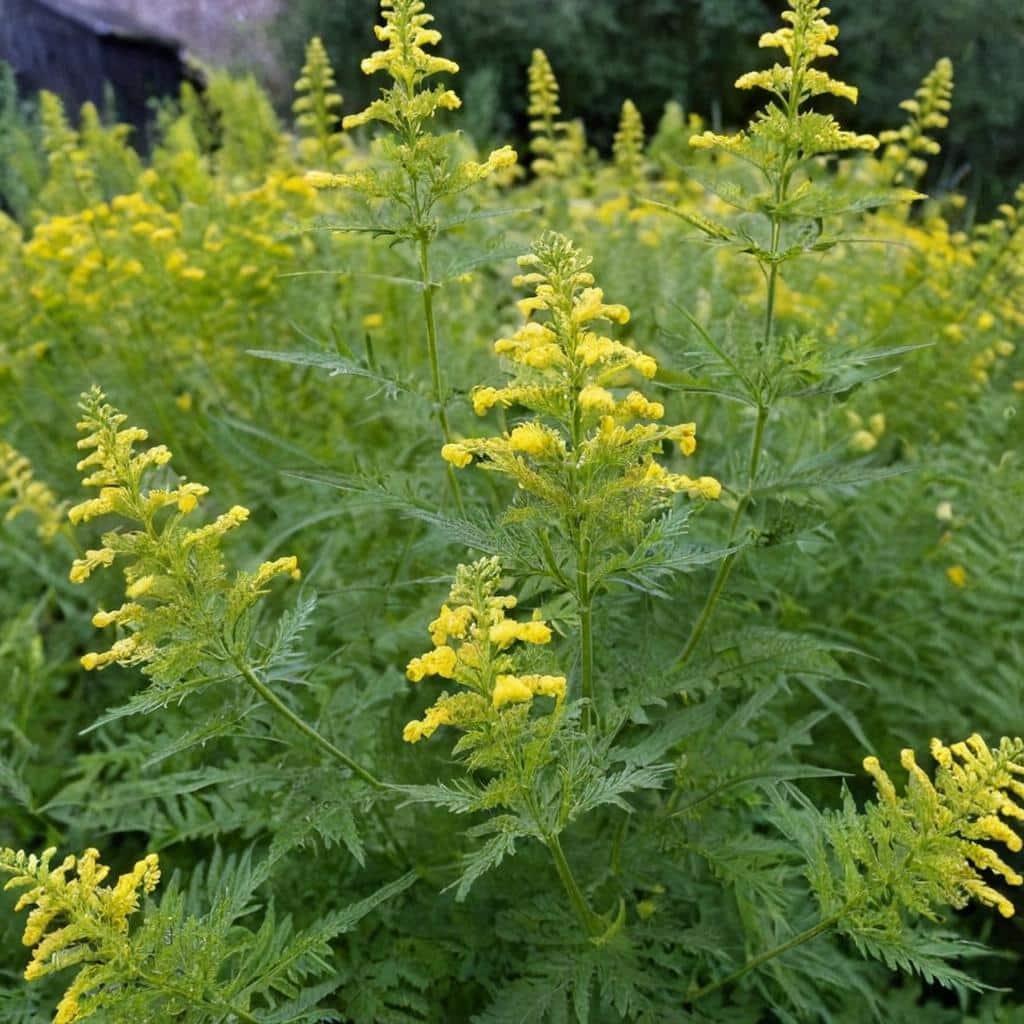
Wormwood is a perennial herb with a bitter, pungent aroma. Its distinctive smell is believed to repel snakes and other wildlife. Traditionally used for medicinal purposes, Wormwood is also a popular choice for gardens looking to deter pests naturally.
- Plant Type: Perennial herb.
- Benefits: Also repels ants, mosquitoes, and other pests.
- Care: Prefers full sun and well-drained soil, drought-tolerant once established.
8. Sarpagandha
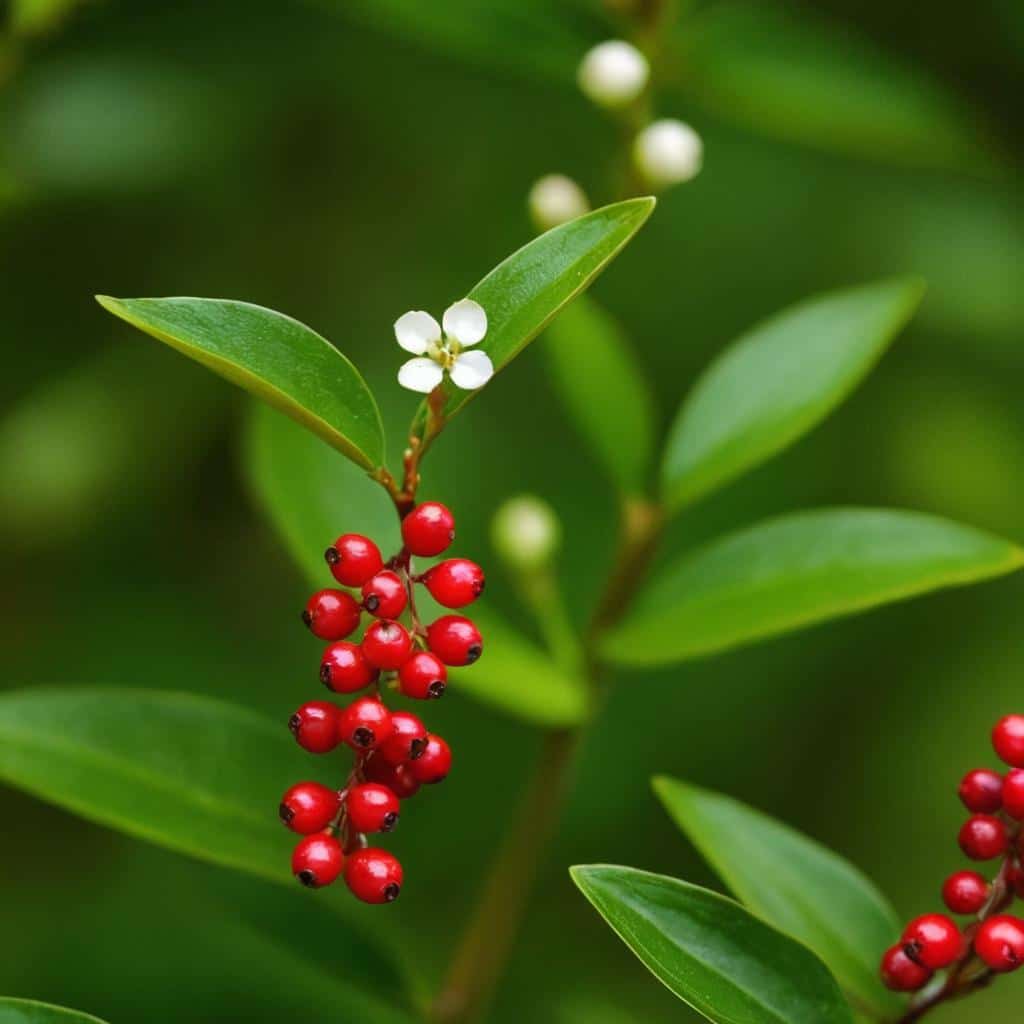
Sarpagandha is a medicinal plant native to India, renowned for its calming properties. While primarily used in herbal medicine, its strong odor is also thought to help repel snakes, making it a useful addition to gardens in snake-prone areas.
- Plant Type: Perennial shrub.
- Benefits: Known for its calming effects and ability to lower blood pressure.
- Care: Prefers a warm climate, partial shade, and well-drained soil.
9. Mugwort
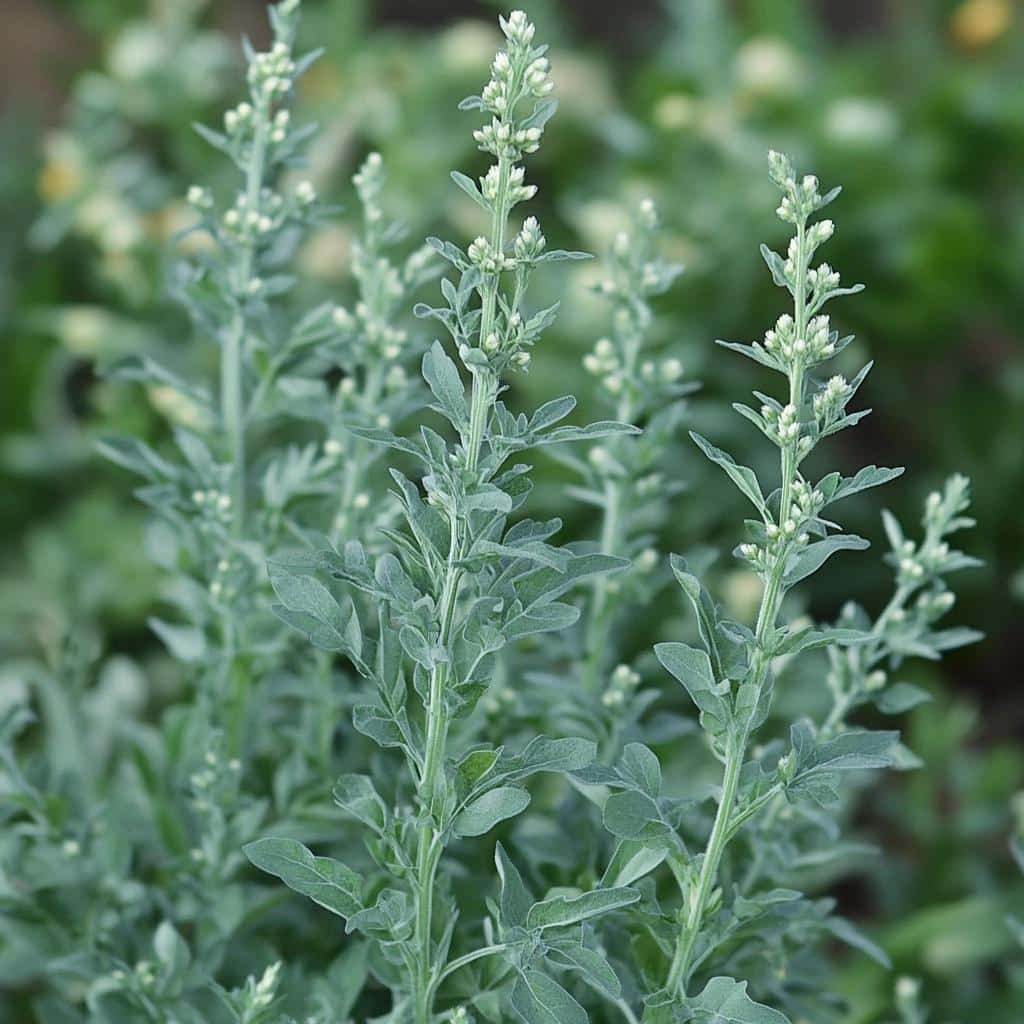
Mugwort is a versatile herb used in traditional medicine and as a natural repellent. Its strong, aromatic scent is unpleasant to snakes and other pests, making it a popular choice for garden borders and natural pest control.
- Plant Type: Perennial herb.
- Benefits: Known for its medicinal properties, including its ability to promote digestion and alleviate menstrual discomfort.
- Care: Prefers well-drained soil and full sunlight, drought-tolerant once established.
10. Clove Basil
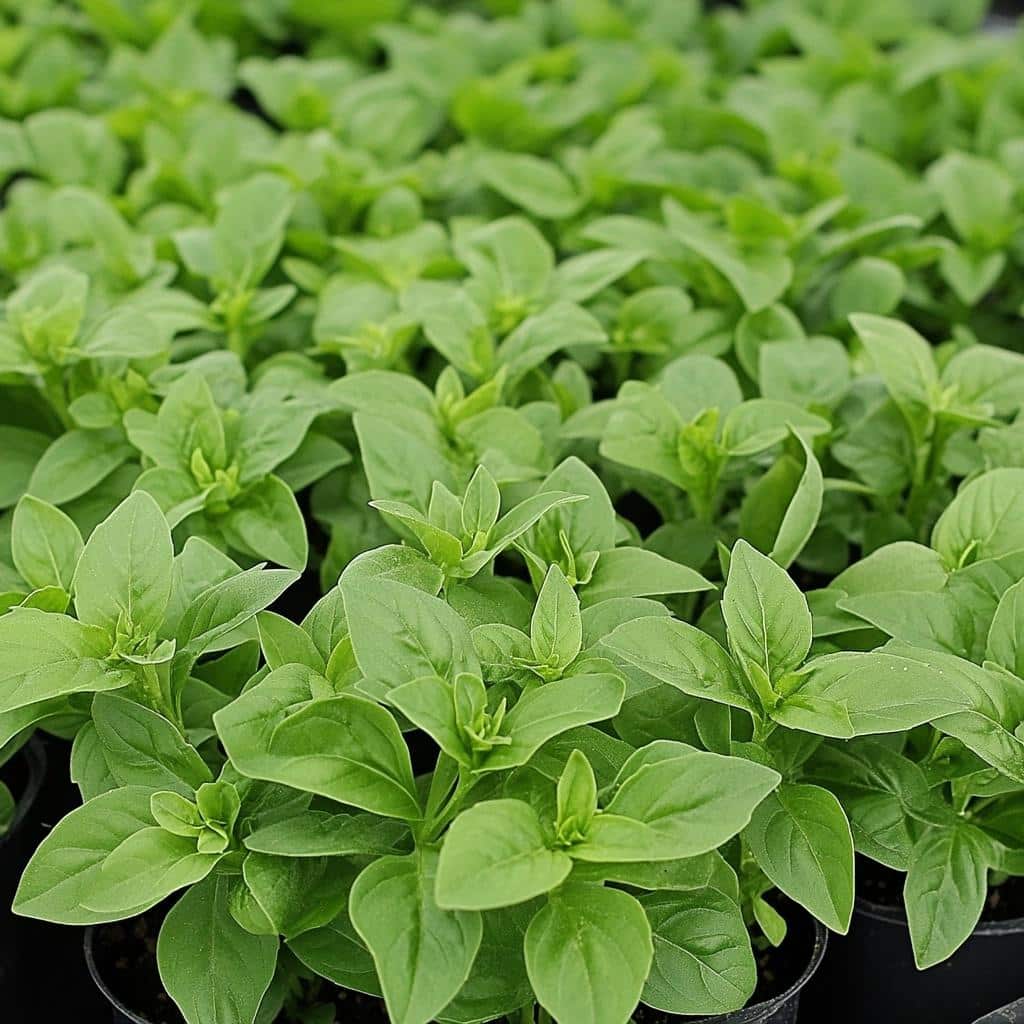
Clove Basil, or Holy Basil, has a strong, spicy scent that is believed to deter snakes. Its aromatic leaves, often used in cooking, make it a useful plant for both culinary and pest-repelling purposes in the garden.
- Plant Type: Perennial herb.
- Benefits: Known for its antibacterial, antifungal, and anti-inflammatory properties.
- Care: Prefers well-drained soil, full sun, and moderate watering.
11. Rue
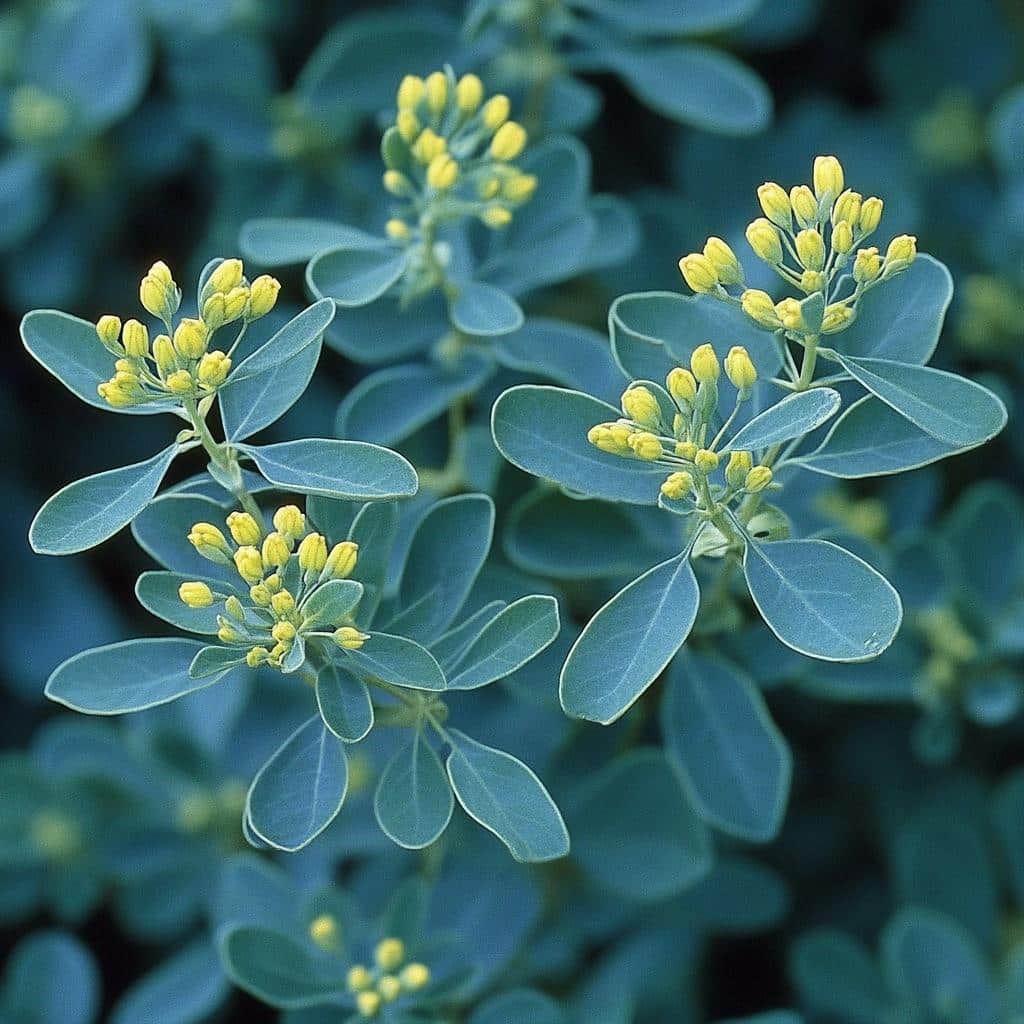
Rue is a strong-smelling herb with a bitter aroma that is unpleasant to snakes. It has been used for centuries in various cultures as both a medicinal plant and a natural repellent for pests, including snakes.
- Plant Type: Perennial herb.
- Benefits: Known for its ability to treat various ailments, such as headaches and digestive issues.
- Care: Prefers well-drained soil, full sun, and dry conditions.
12. Indian Devil Tree
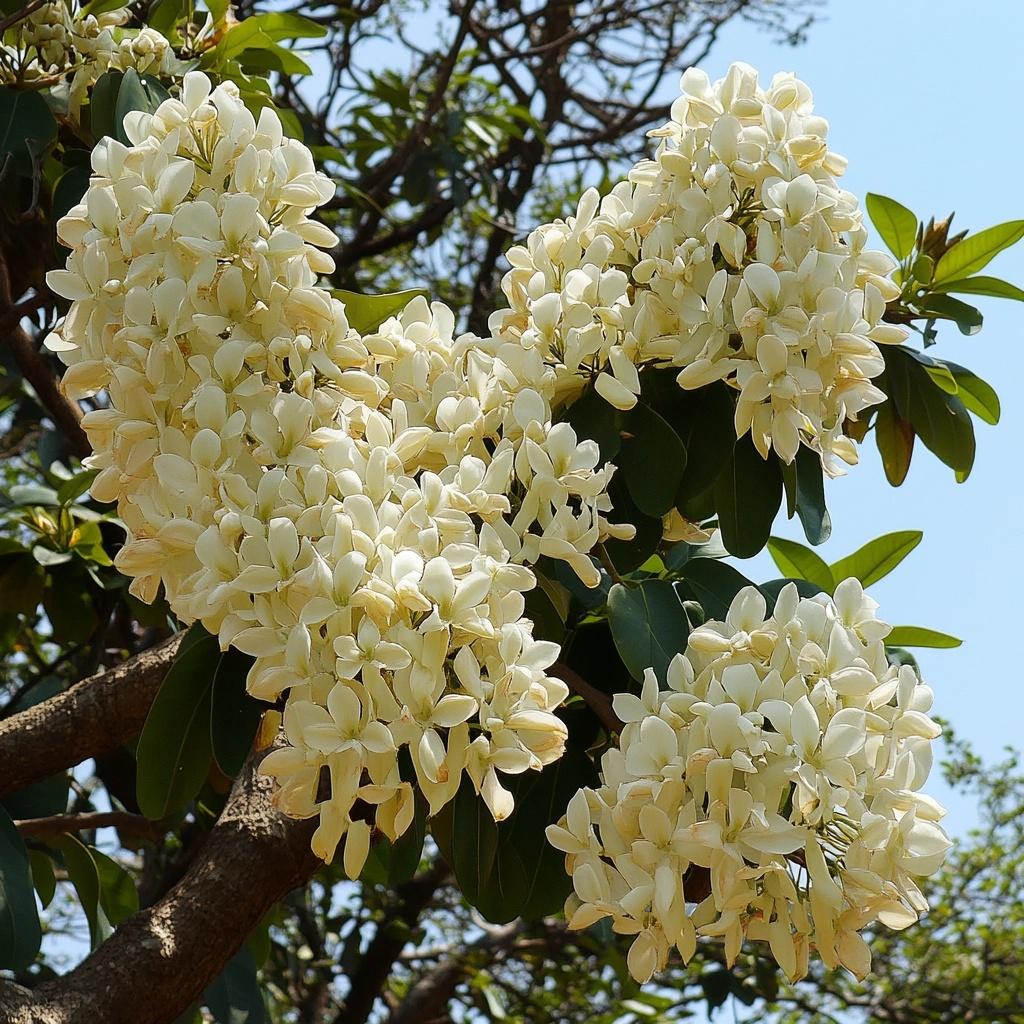
The Indian Devil Tree is a large, evergreen tree native to South and Southeast Asia. Its strong, spicy aroma is thought to deter snakes and other wildlife. The tree’s bark and leaves are also used in traditional medicine.
- Plant Type: Evergreen tree.
- Benefits: Its bark has medicinal properties and is used to treat various ailments.
- Care: Grows best in tropical climates with regular rainfall and well-drained soil.
13. Lavender
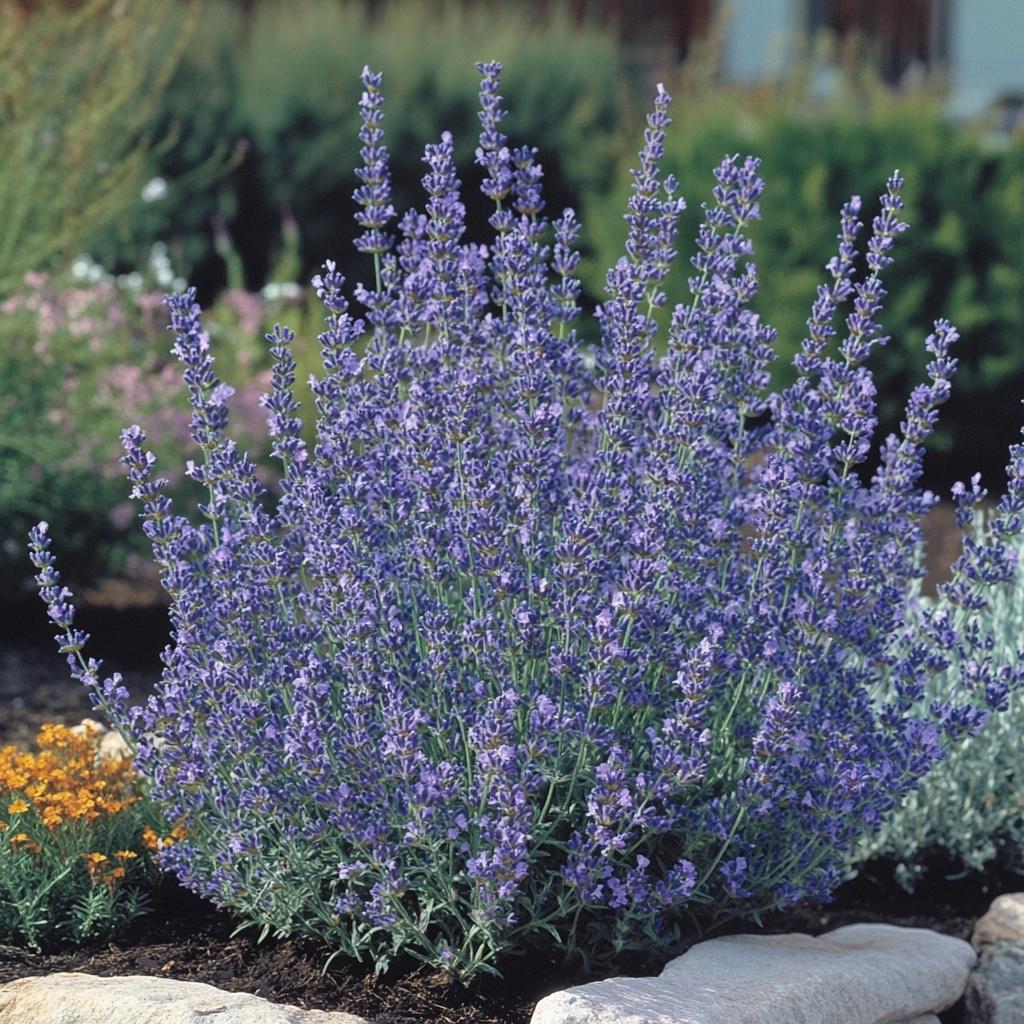
Lavender is a fragrant herb widely known for its calming aroma. It is often used in aromatherapy and for culinary purposes. Its strong, floral scent is thought to deter snakes and other pests like moths and mosquitoes.
- Plant Type: Perennial herb.
- Benefits: Known for its calming effects and ability to reduce stress.
- Care: Prefers well-drained soil, full sun, and is drought-tolerant once established.
14. Sage
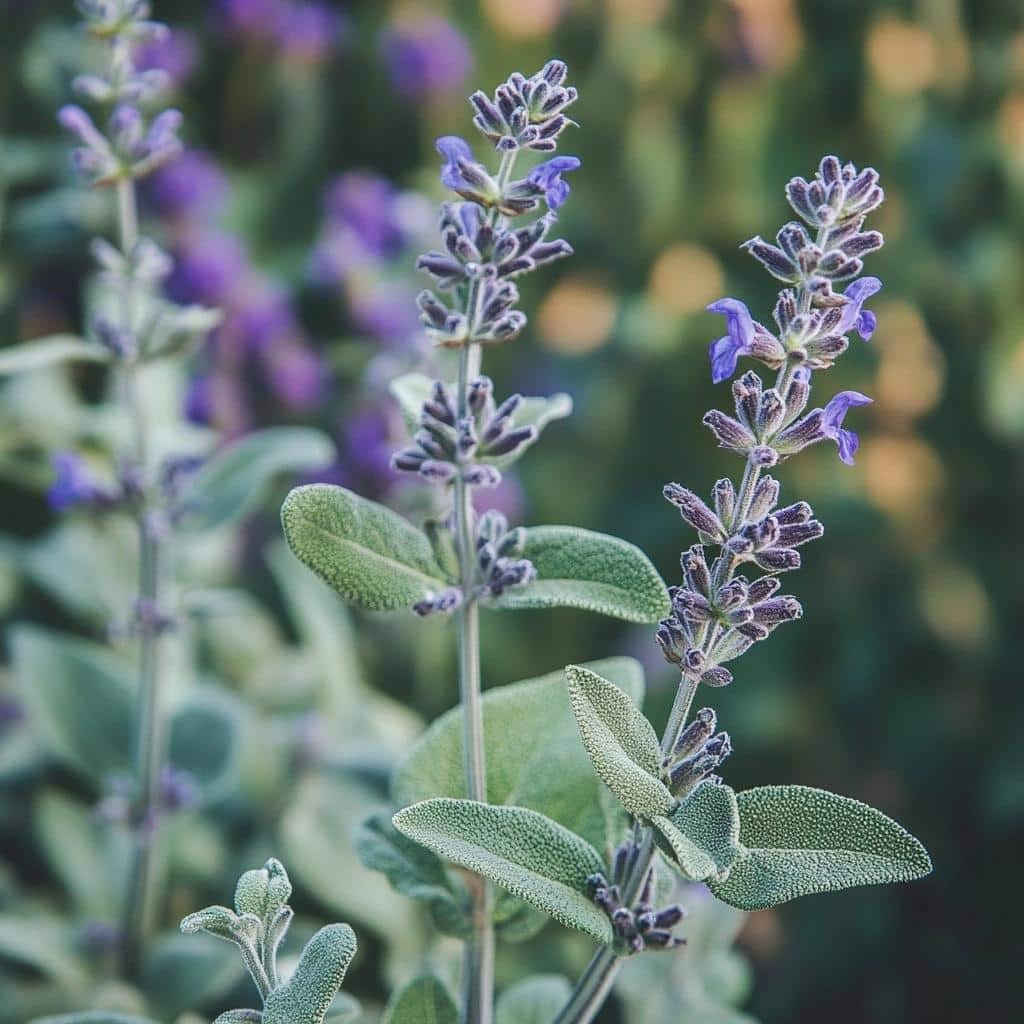
Sage is a herb commonly used in cooking for its earthy flavor and aroma. Its strong, aromatic scent also effectively repels snakes and other unwanted pests. Sage can be planted in gardens or containers to enhance the garden’s appeal.
- Plant Type: Perennial herb.
- Benefits: Known for its antimicrobial properties and digestive benefits.
- Care: Prefers well-drained soil, full sun, and moderate watering.
15. Peppermint
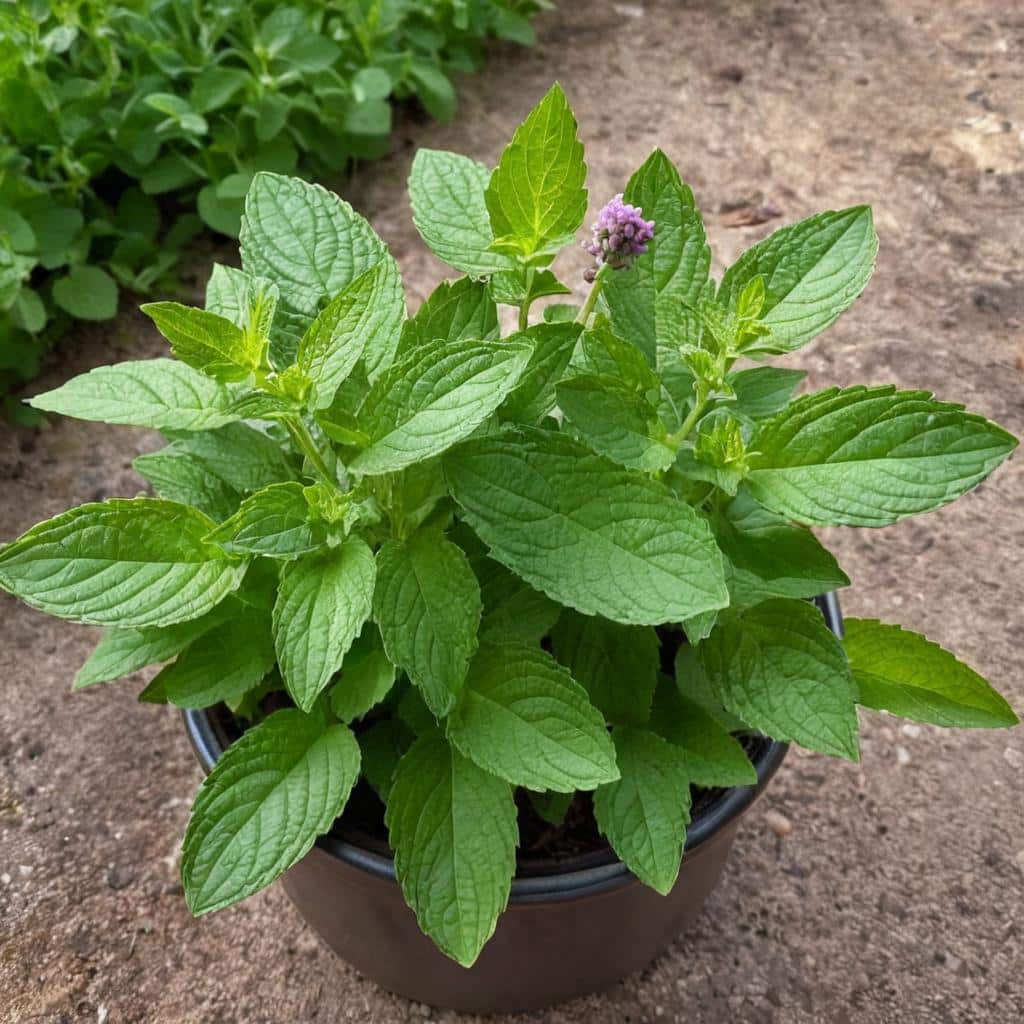
Peppermint is a fragrant herb known for its cooling and refreshing aroma. Its strong minty scent repels snakes, rodents, and insects. Peppermint is often used in gardens to create a natural barrier to snakes and other pests while adding a pleasant fragrance.
- Plant Type: Perennial herb.
- Benefits: Known for its soothing digestive properties and ability to alleviate headaches.
- Care: Prefers moist, well-drained soil and partial shade.
16. Citronella Grass
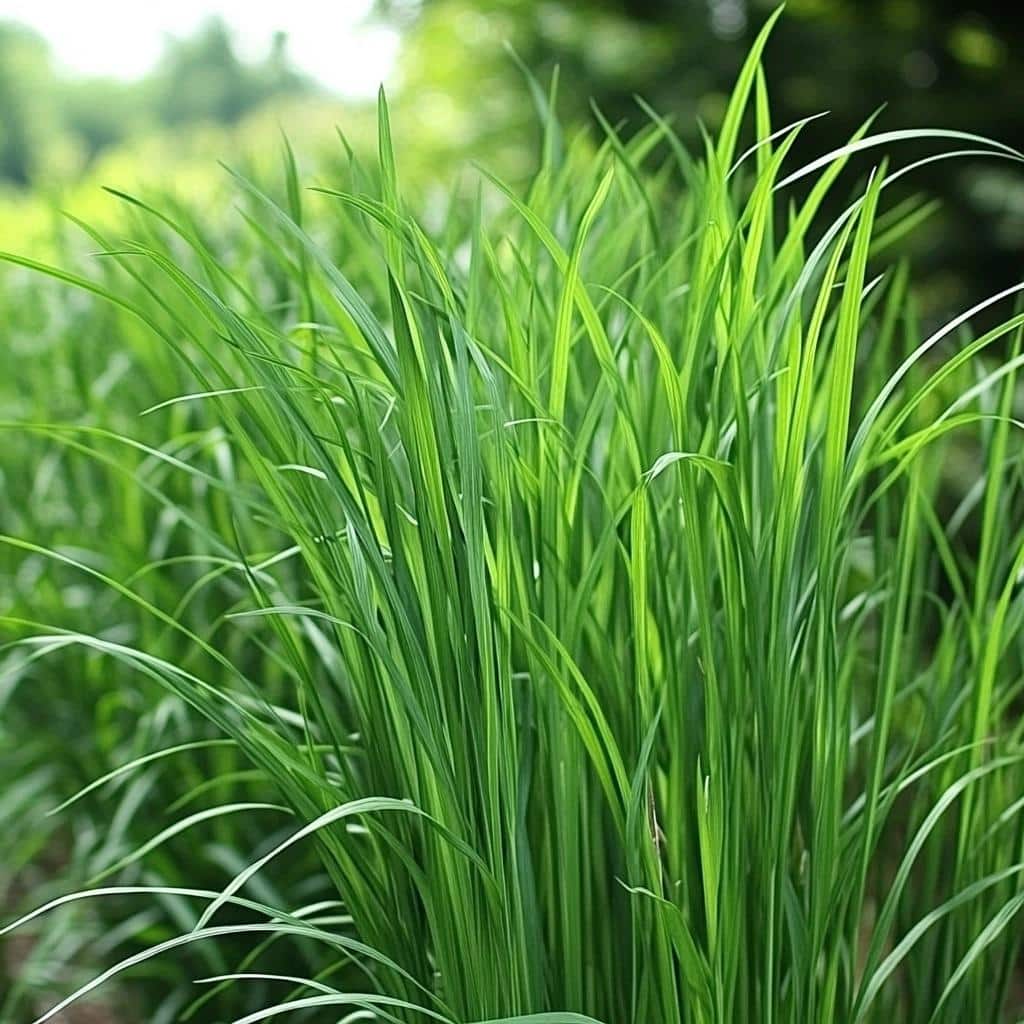
Citronella grass is most famous for its use in repelling mosquitoes, but it also has a strong citrus scent that can keep snakes at bay. Often grown in garden beds, its aroma is a natural deterrent.
- Plant Type: Perennial grass.
- Benefits: Known for its ability to reduce insect bites and provide a pleasant scent in gardens.
- Care: Thrives in full sun and requires regular watering in well-drained soil.
17. Rosemary
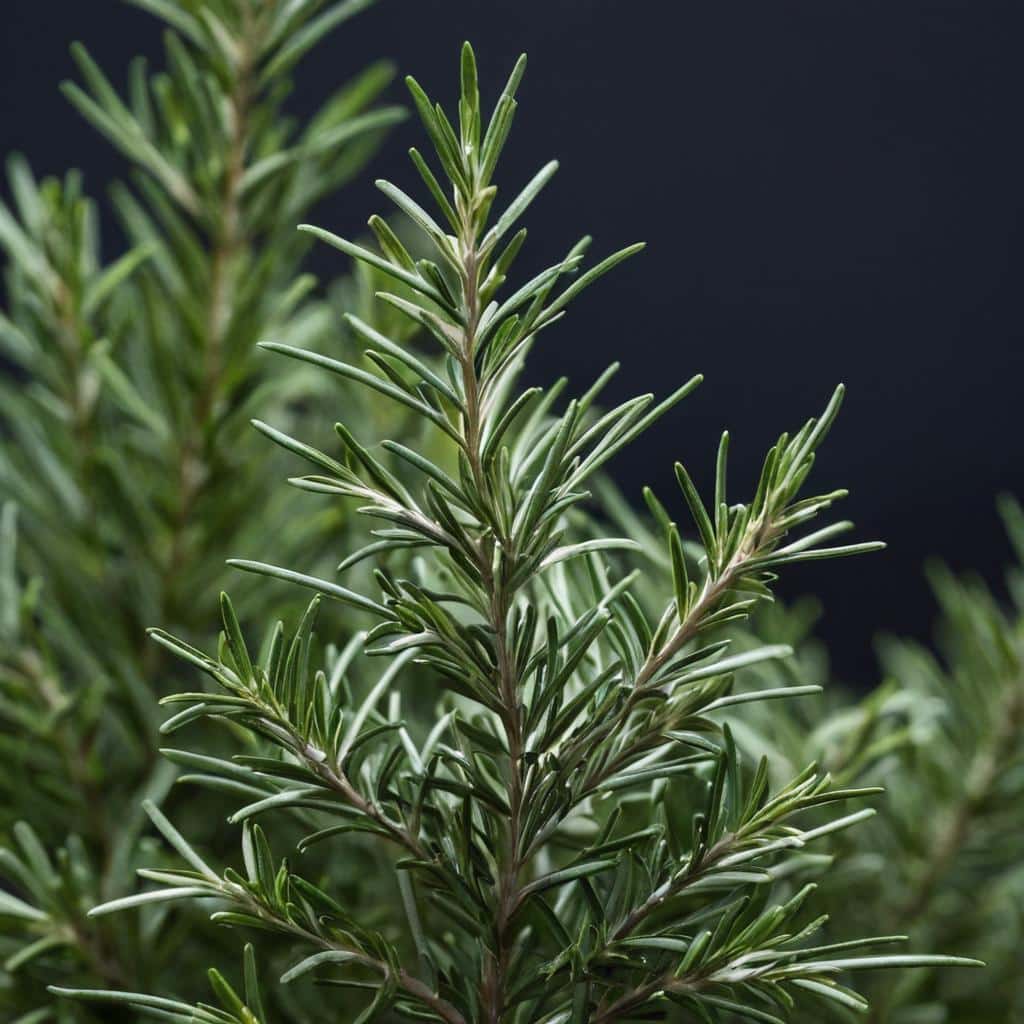
Rosemary is a fragrant herb widely used in cooking and as a medicinal plant. Its strong, pine-like scent is said to repel snakes and other pests. Rosemary is often planted in herb gardens or along pathways to create a natural barrier against unwanted wildlife.
- Plant Type: Perennial herb.
- Benefits: Known for its antioxidant properties and ability to improve memory.
- Care: Prefers well-drained soil, full sun, and minimal watering once established.
18. Curry Leaves
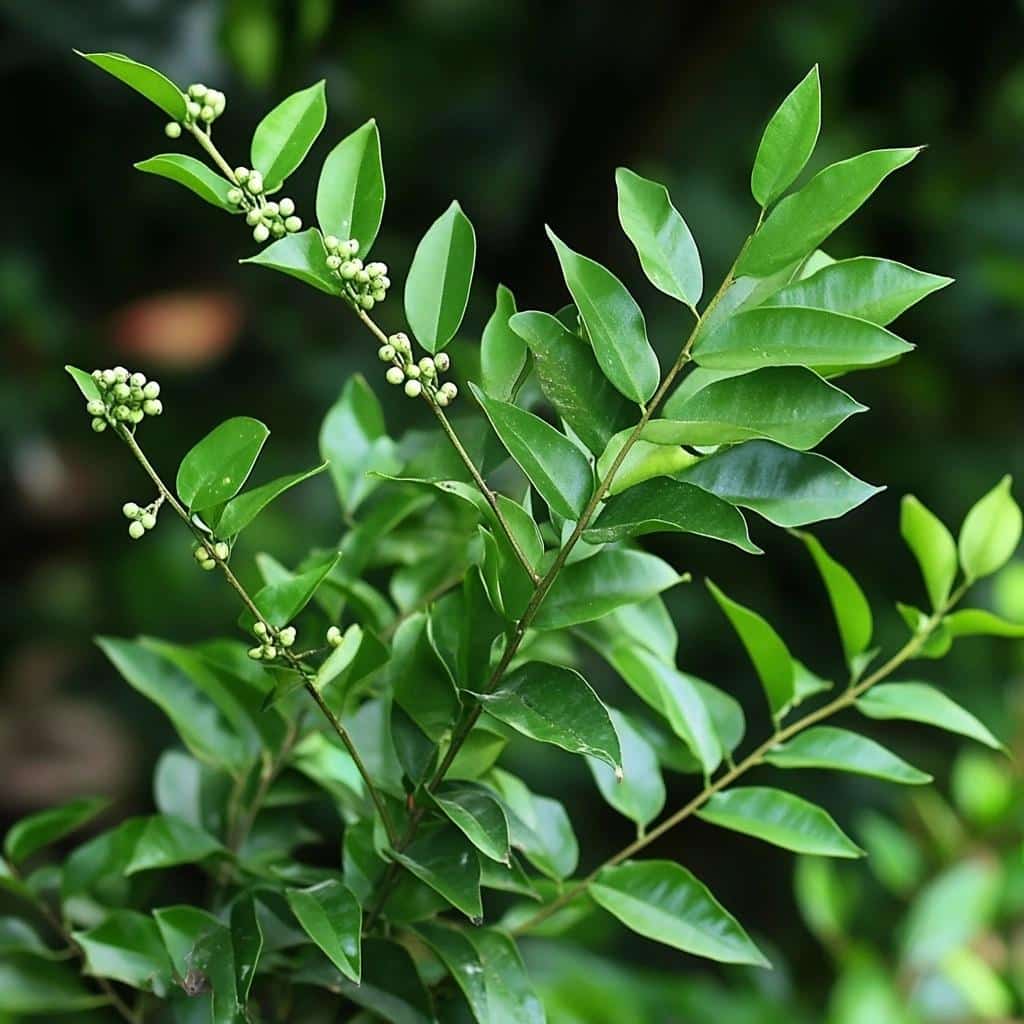
Curry leaves, native to India, are valued for their culinary uses and are believed to repel snakes due to their pungent scent. The leaves are commonly used in South Asian cooking, and their aromatic nature makes them effective as a natural deterrent in gardens.
- Plant Type: Evergreen shrub or small tree.
- Benefits: Known for its high nutritional value, including antioxidants and anti-inflammatory properties.
- Care: Prefers warm climates, well-drained soil, and regular watering.
19. Neem
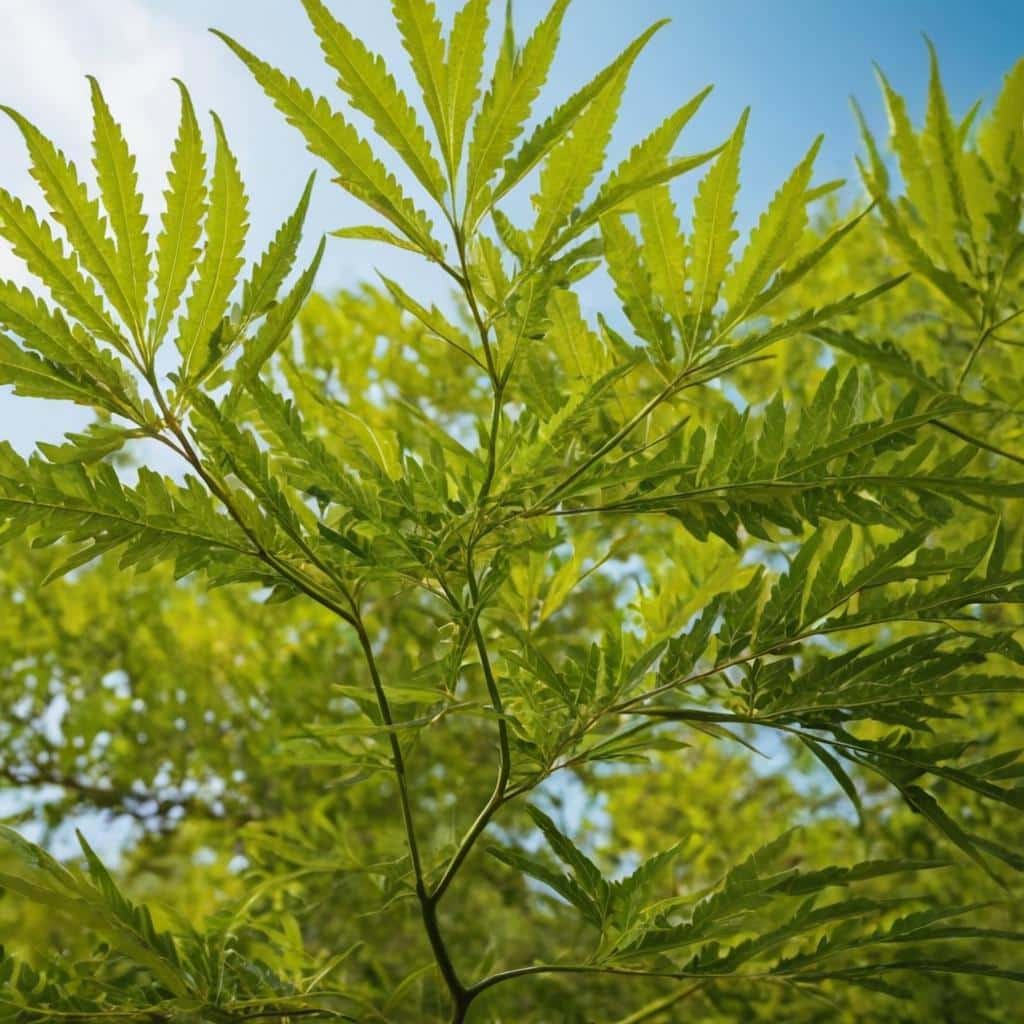
Neem is a versatile tree known for its medicinal properties, including its ability to repel snakes and pests. The bitter, strong smell of its leaves, bark, and flowers is thought to deter snakes from entering gardens or homes.
- Plant Type: Evergreen tree.
- Benefits: Known for its antimicrobial and anti-inflammatory properties.
- Care: Thrives in tropical and subtropical climates with minimal water requirements once established.
20. Snakeroot (Ageratina altissima)
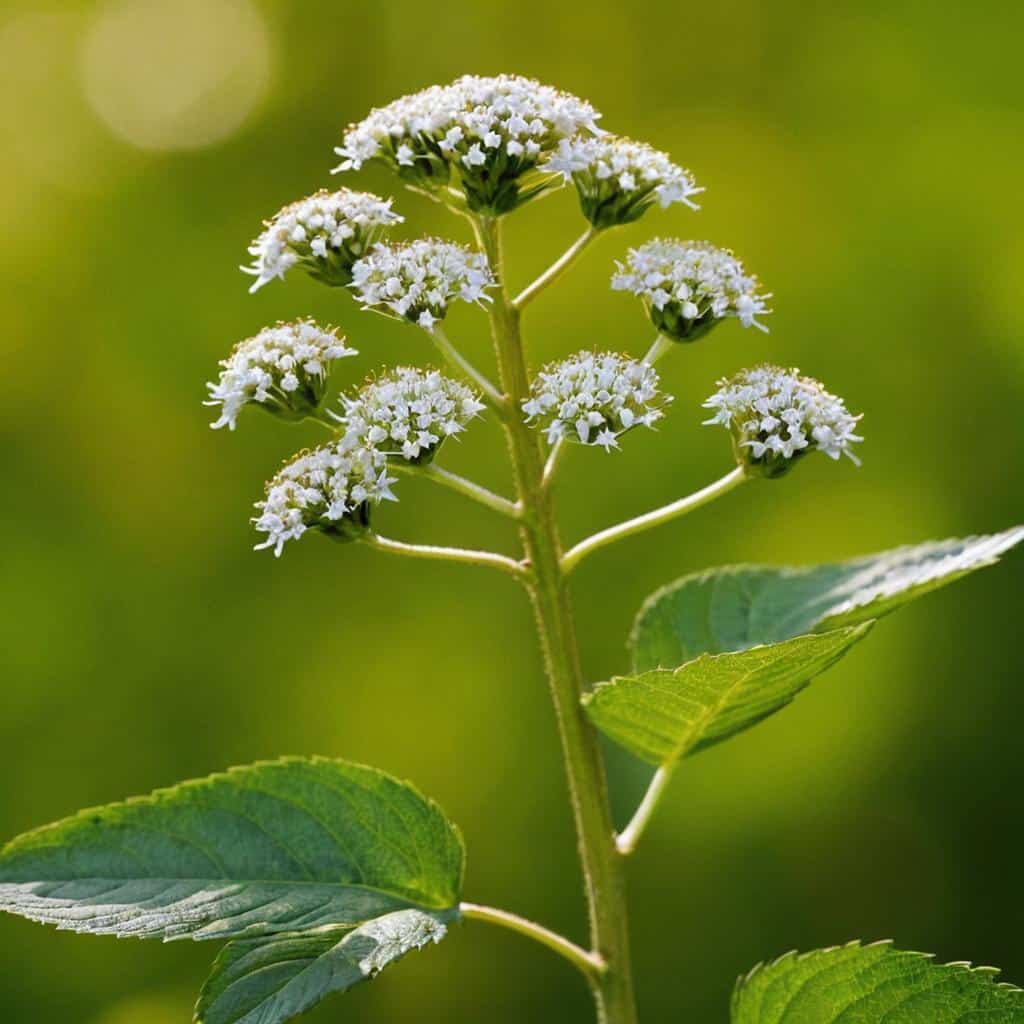
Snakeroot is a perennial herb with small, white flowers and a strong odor that is reputed to deter snakes. Historically, it was used in folk medicine to treat snakebites, adding to its symbolism as a natural snake-repellent plant. The plant thrives in woodlands and shaded garden areas.
- Plant Type: Perennial herb.
- Benefits: Known for its anti-inflammatory properties and its role in traditional medicine.
- Care: Grows best in shaded or partially shaded areas with well-drained, moist soil.
21. Cactus (Various species)
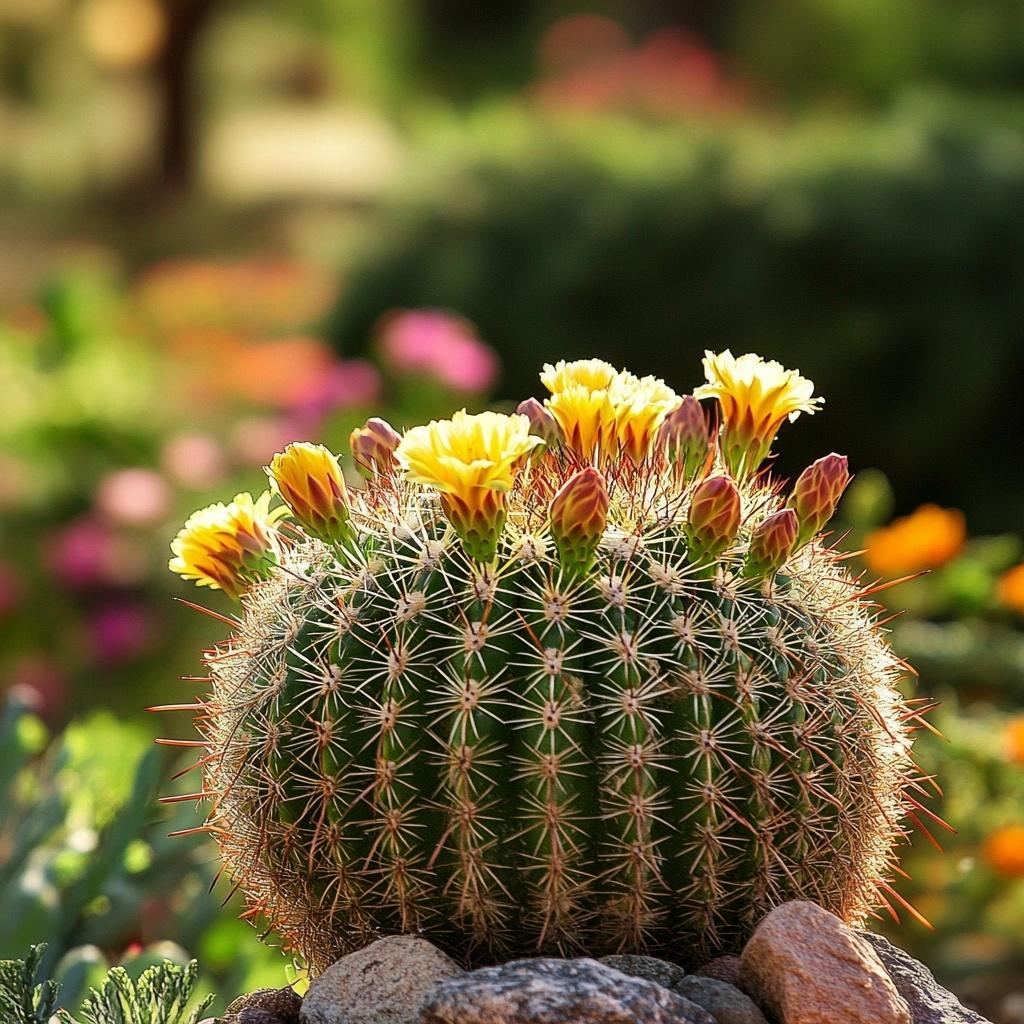
Cacti are well-known for their spiny, protective features and their ability to survive in dry, arid conditions. While their primary defense mechanism is physical, many cacti emit a strong odor or have an unappealing texture that helps repel snakes.
- Plant Type: Succulent, typically a spiny, low-maintenance plant.
- Benefits: Known for their ability to survive in harsh conditions with minimal water and care.
- Care: Prefers dry, well-drained soil, full sun, and minimal watering.
22. Tobacco Plant
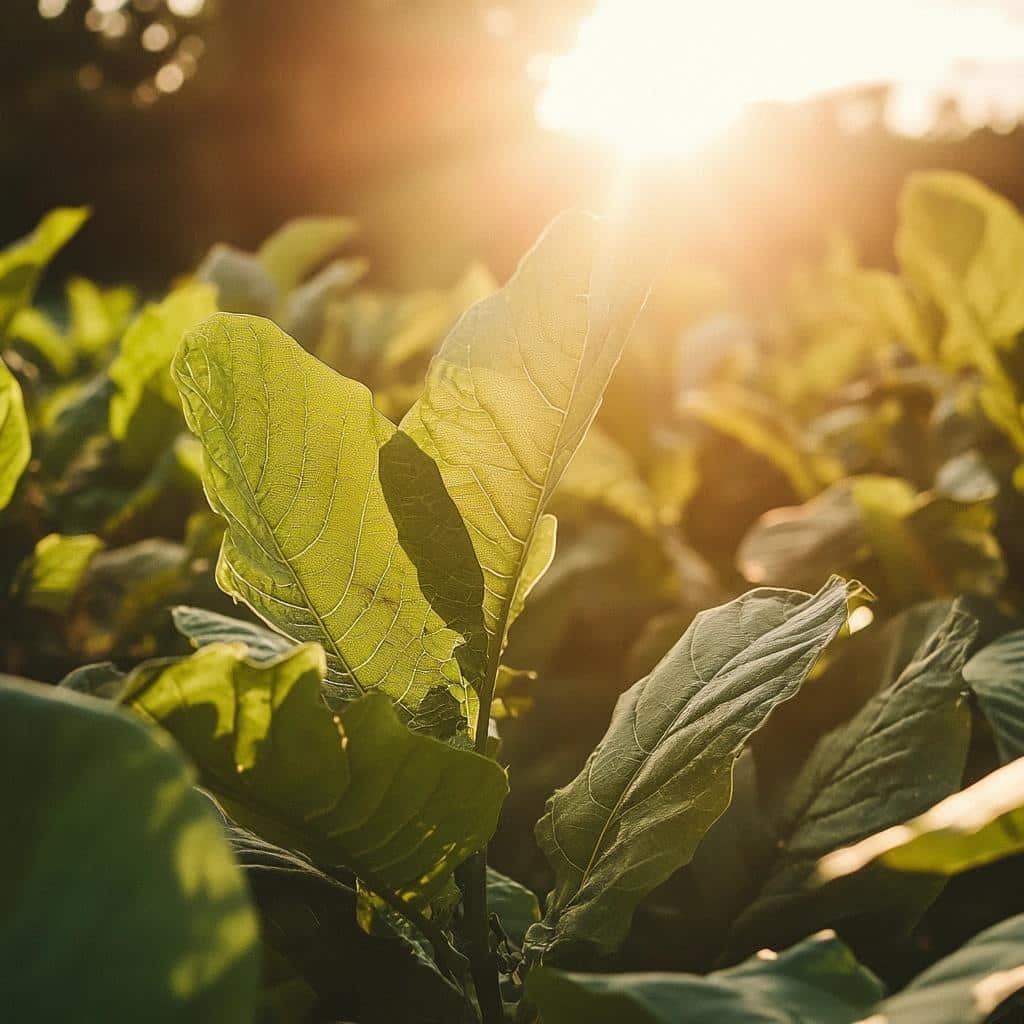
Tobacco plants, known for their nicotine-rich leaves, have a strong odor that repels snakes and other pests. While the plant is primarily grown for tobacco production, its natural pest-repelling properties make it an effective addition to gardens looking to deter snakes.
- Plant Type: Annual or perennial, depending on climate.
- Benefits: Known for its insecticidal properties, especially when used in organic gardening.
- Care: Prefers well-drained soil, full sun, and regular watering.
23. Bitter Melon
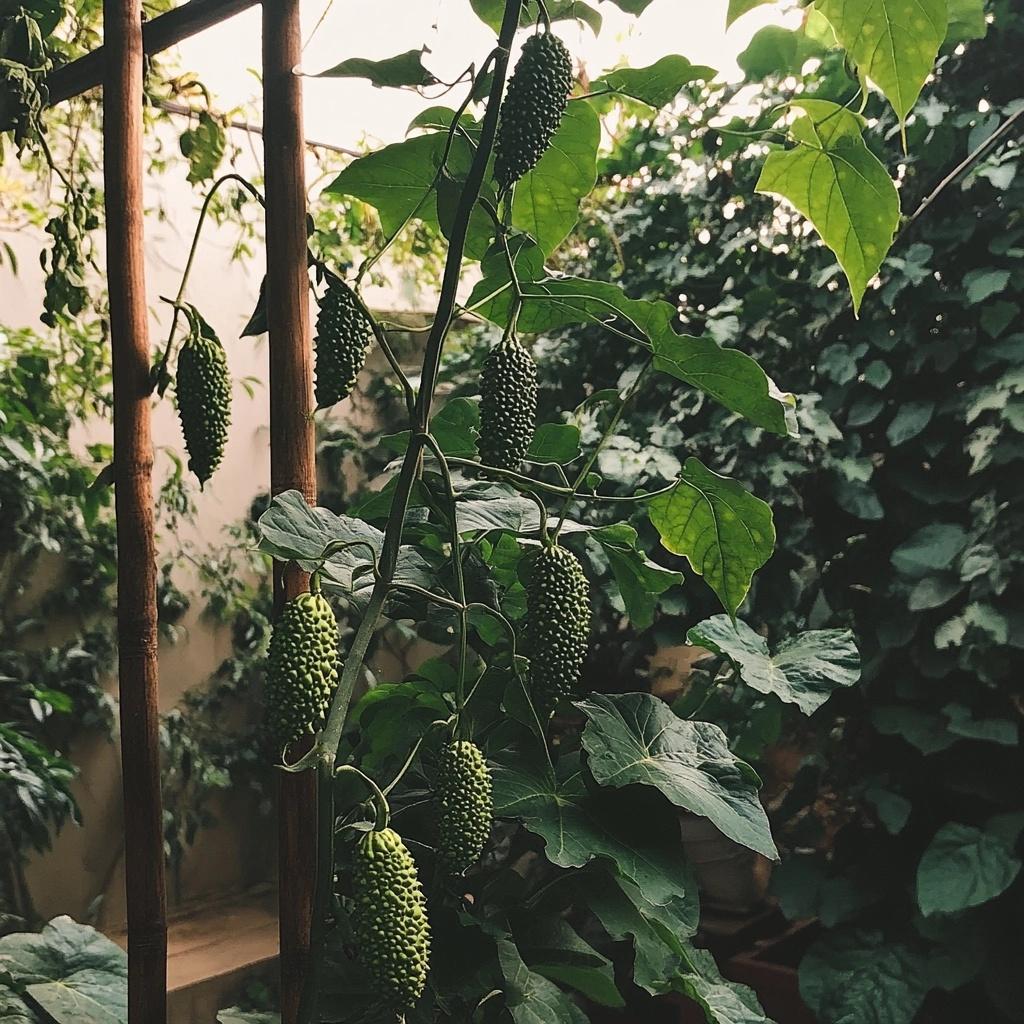
Bitter Melon is a tropical vine with distinct bitter-tasting fruit. The plant’s bitter compounds, which give its fruit its name, are considered unappealing to snakes. Additionally, its leaves and vines are believed to release strong odors that act as natural deterrents for various pests, including snakes.
- Plant Type: Tropical vine.
- Benefits: Known for its health benefits, including its ability to help regulate blood sugar levels.
- Care: Prefers warm, sunny conditions, well-drained soil, and regular watering.
24. Tansy (Tanacetum vulgare)
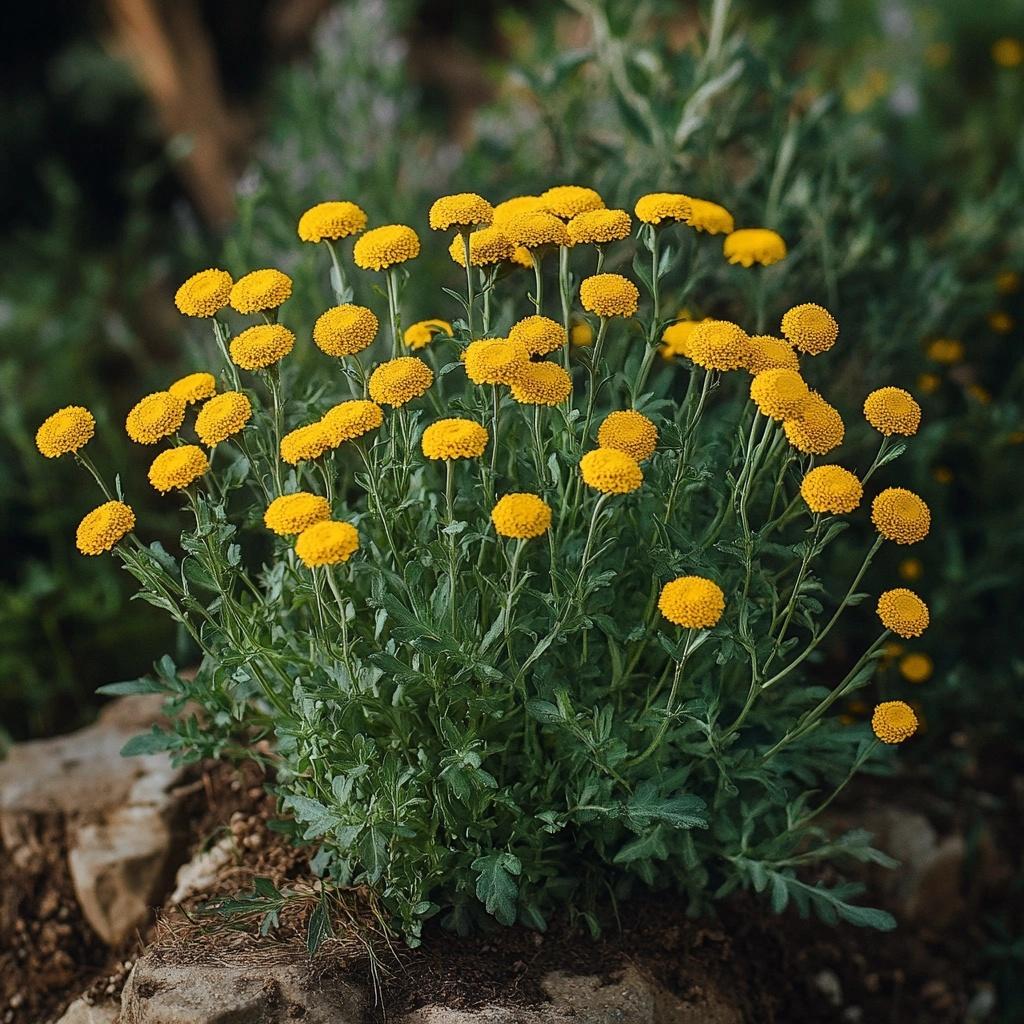
Tansy is a hardy, aromatic herb often used in gardens for its ability to repel a variety of pests, including snakes. The strong, pungent scent of the plant, especially when its leaves are crushed, is believed to deter snakes.
- Plant Type: Perennial herb.
- Benefits: Known for its ability to treat digestive issues and repel pests like ants and fleas.
- Care: Prefers well-drained soil, full sun, and regular watering.
25. Echinacea
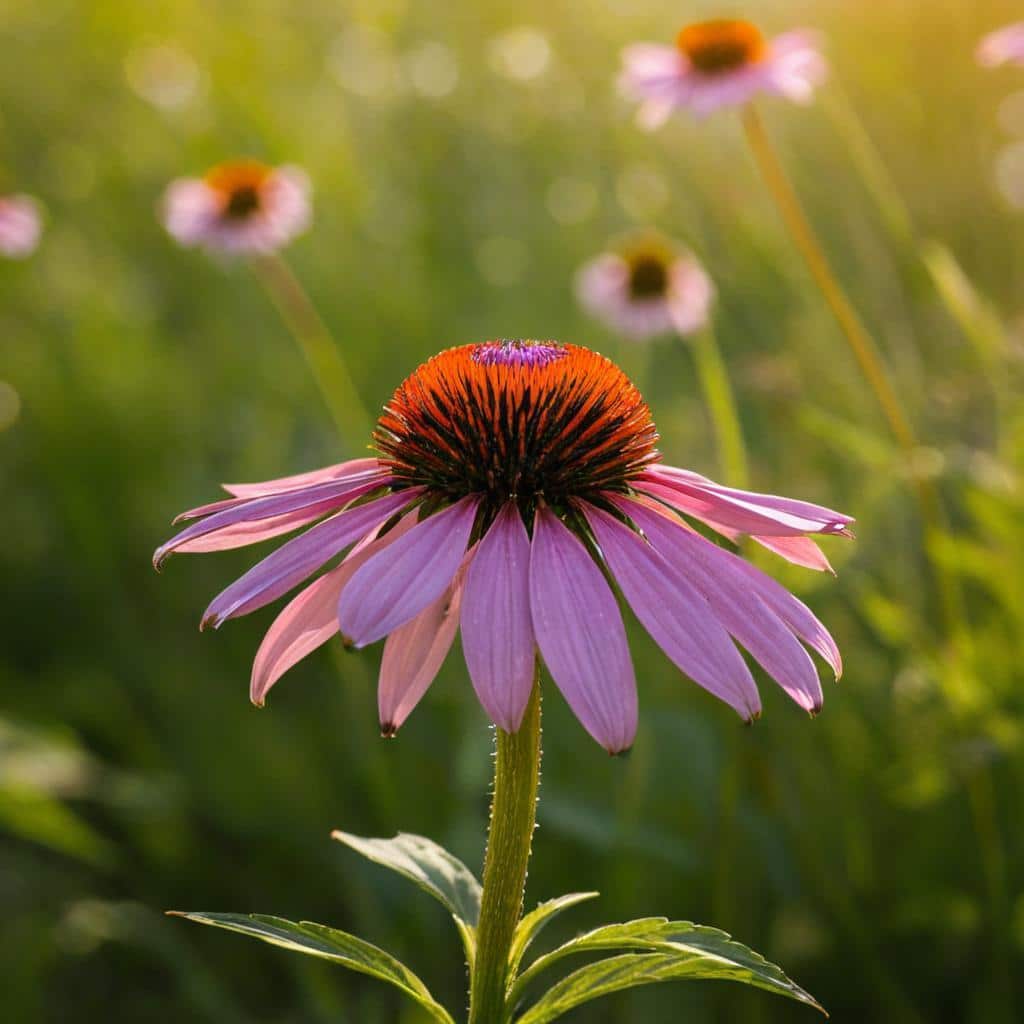
Echinacea, also known as Coneflower, is a flowering plant widely used for its immune-boosting properties. The strong aroma and spiky structure of the flowers are believed to deter snakes from entering gardens.
- Plant Type: Perennial herb.
- Benefits: Known for its ability to stimulate the immune system and fight off infections.
- Care: Prefers well-drained soil, full sun, and regular watering.
26. Chili Pepper
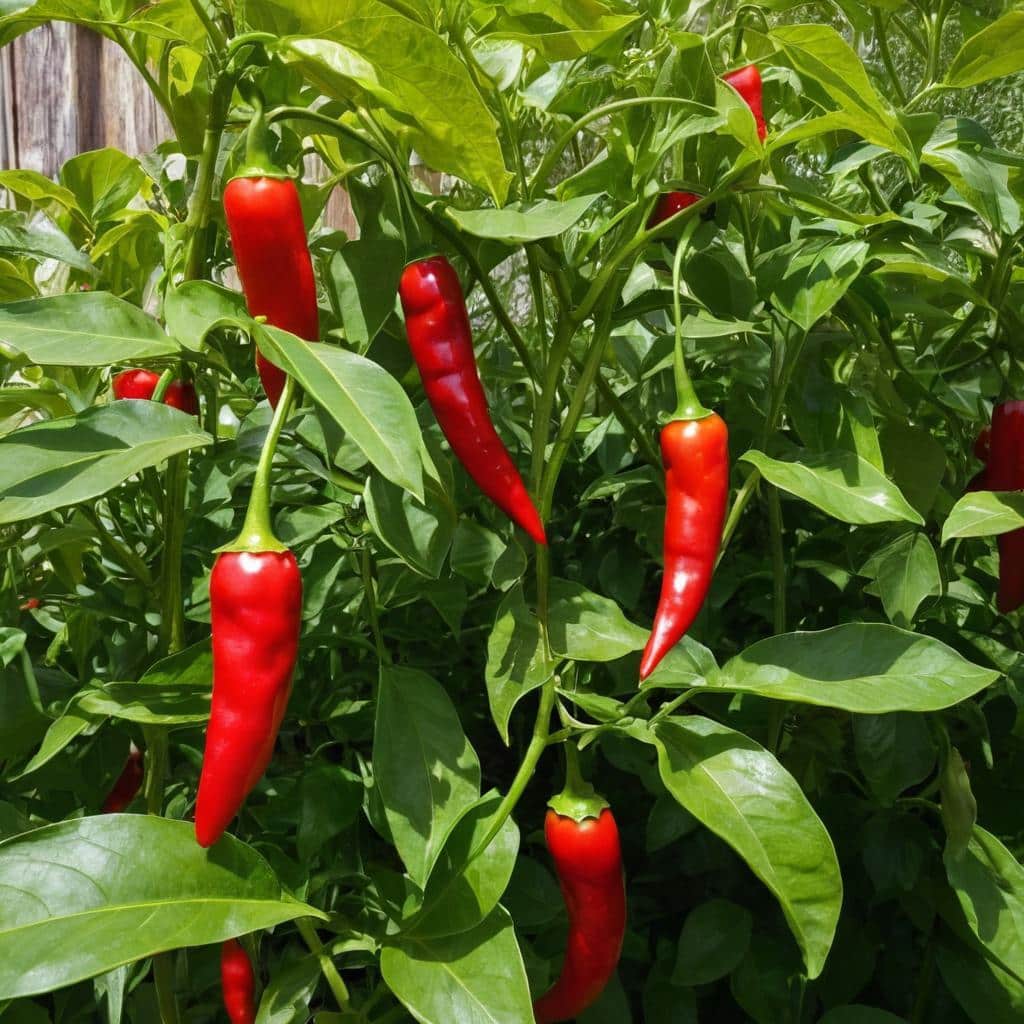
Chili Pepper plants are known for their hot, spicy flavor and potent scent. The peppers’ pungent aroma and capsaicin content are thought to repel snakes and other pests. These plants are easy to grow in warm climates and offer culinary and pest control benefits.
- Plant Type: Annual herbaceous plant.
- Benefits: Known for its culinary uses and its ability to deter a wide range of pests.
- Care: Prefers full sun, well-drained soil, and regular watering.
27. Yellow Alder
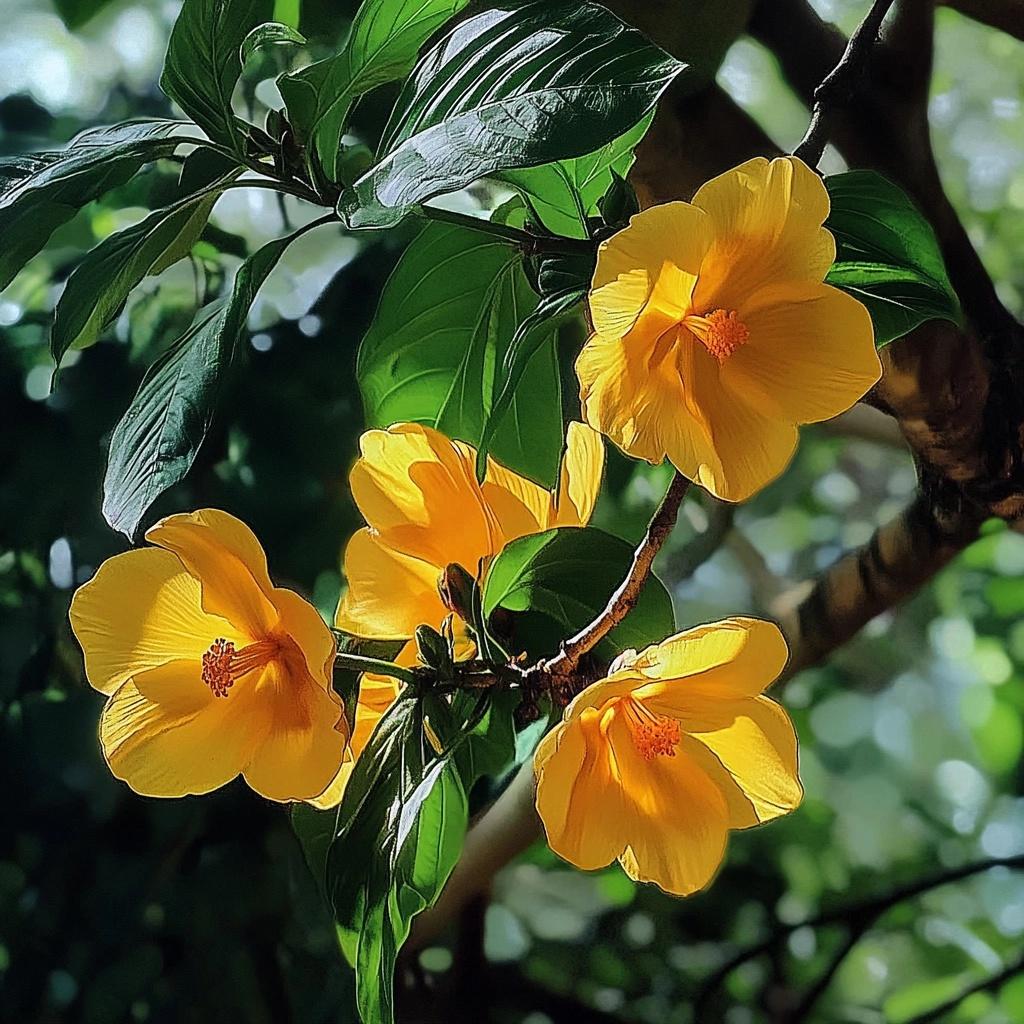
Yellow Alder is a small, flowering shrub with bright yellow flowers and a slightly pungent scent. Its odor is unpleasant to snakes and helps keep them away. Additionally, the plant is used in traditional medicine for its various health benefits, including its anti-inflammatory properties.
- Plant Type: Evergreen shrub.
- Benefits: Known for its anti-inflammatory and analgesic properties in traditional medicine.
- Care: Prefers full sun and well-drained soil, with moderate watering needs.
28. Geraniums (Pelargonium spp.)
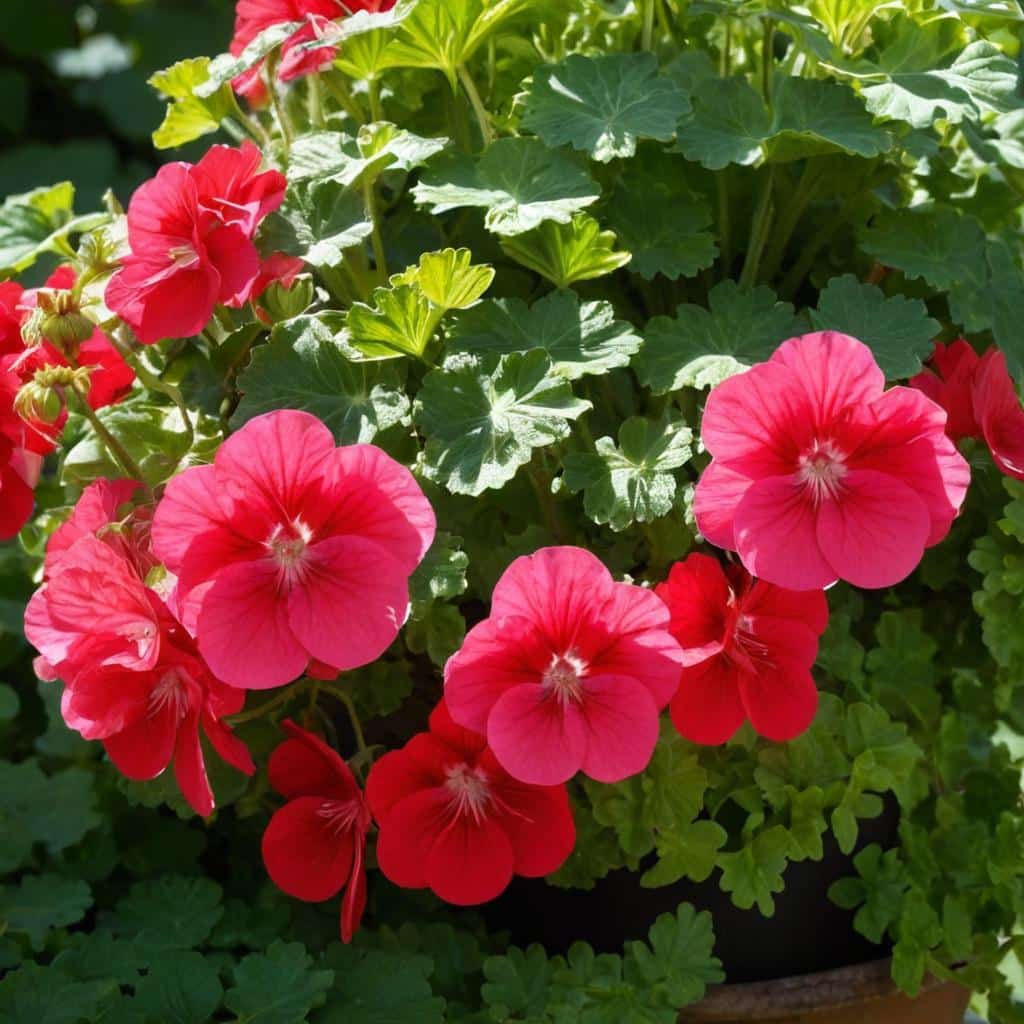
Geraniums are popular flowering plants often used in decorative landscaping. Their strong fragrance is unpleasant to snakes, making them useful additions to gardens and flower beds. Geraniums also repel other pests, such as mosquitoes and aphids.
- Plant Type: Perennial or annual herbaceous plant.
- Benefits: Known for repelling insects and offering attractive flowers in various colors.
- Care: Prefers well-drained soil, full sun, and regular watering.
29. Pennyroyal
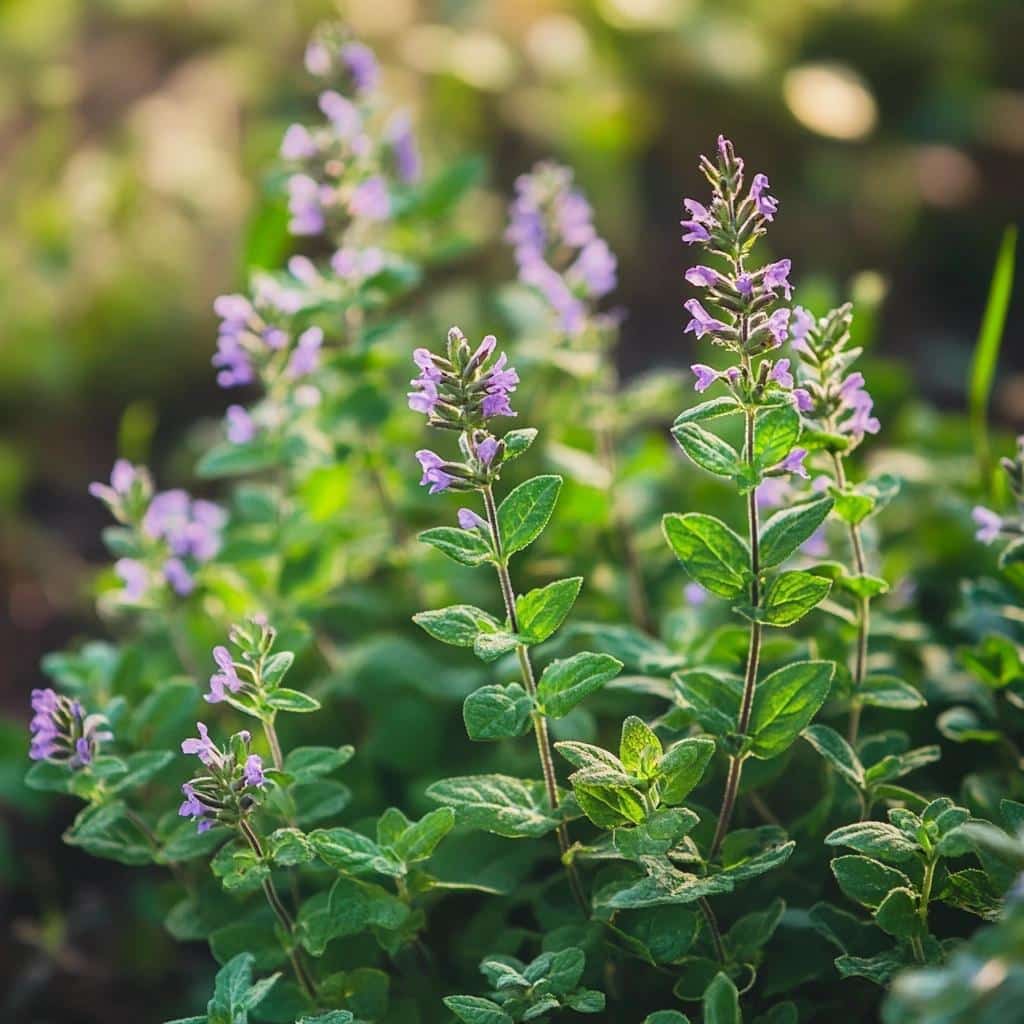
Pennyroyal is a mint-like herb known for its strong, minty aroma. This herb’s pungent fragrance is effective at repelling snakes, insects, and rodents. It is often used in gardens to naturally deter pests and create a more hospitable environment for other plants.
- Plant Type: Perennial herb.
- Benefits: Known for its ability to repel mosquitoes, ants, and other insects.
- Care: Prefers moist, well-drained soil and full sun or partial shade.
30. Andrographis
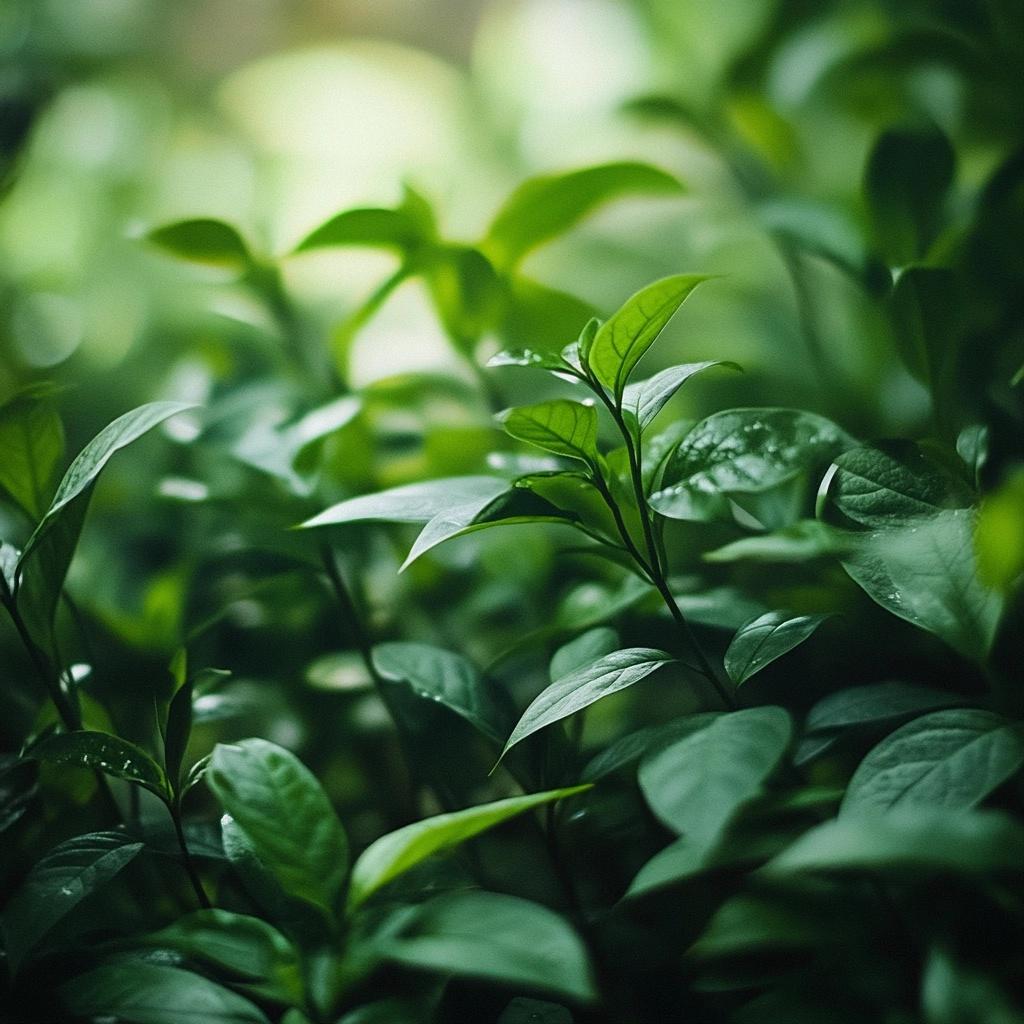
Andrographis, also known as “King of Bitters,” is a medicinal herb with a strong, bitter flavor. Its odor is believed to repel snakes, and it is used widely in traditional medicine for its anti-inflammatory and antimicrobial properties.
- Plant Type: Annual or short-lived perennial herb.
- Benefits: Has medicinal properties that support immune health.
- Care: Grows best in well-drained soil and requires full sunlight.
31. Eucalyptus
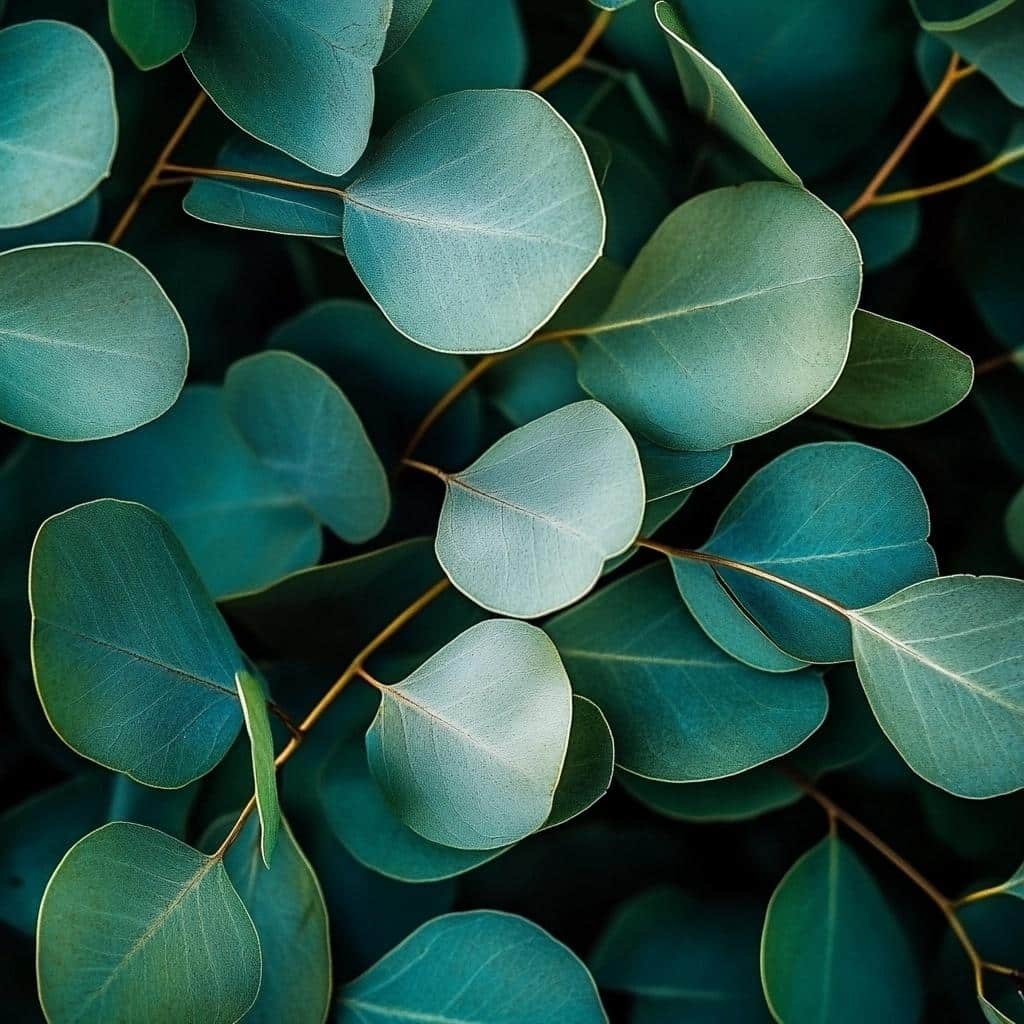
Eucalyptus trees are known for their distinctive, refreshing aroma. The strong, menthol-like scent of eucalyptus oil is unpleasant to snakes, making it an effective natural deterrent. Eucalyptus trees are often planted in gardens.
- Plant Type: Evergreen tree or shrub.
- Benefits: Known for its medicinal properties, especially in treating respiratory issues.
- Care: Thrives in full sun and well-drained soil, and is drought-tolerant once established.
32. Cinnamon Plant (Cinnamomum verum)
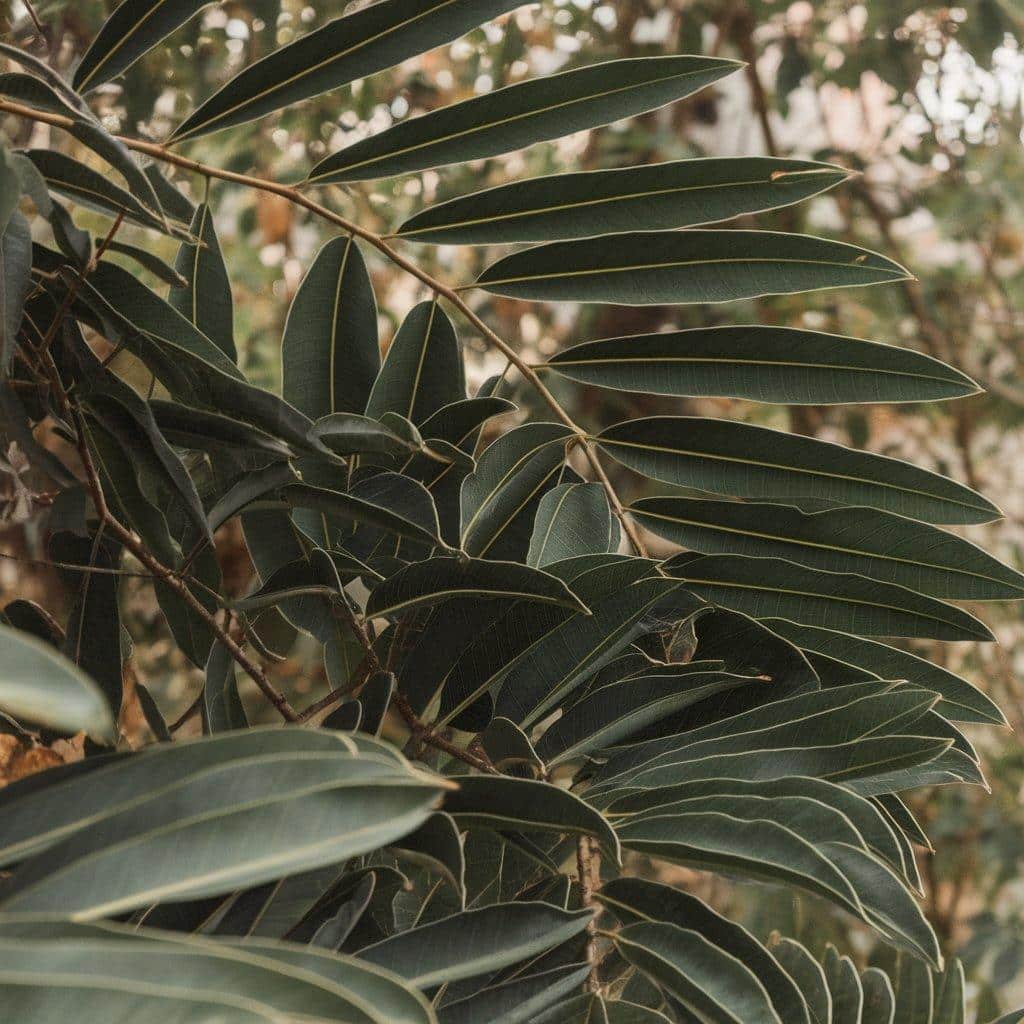
Cinnamon is a tropical tree that produces aromatic bark that is used in cooking and traditional medicine. The plant’s strong, spicy fragrance is believed to deter snakes from entering the area.
- Plant Type: Evergreen tree.
- Benefits: Known for its antioxidant, anti-inflammatory, and antimicrobial properties.
- Care: Thrives in tropical climates with warm temperatures and regular rainfall.
33. Chaste Tree (Vitex agnus-castus)
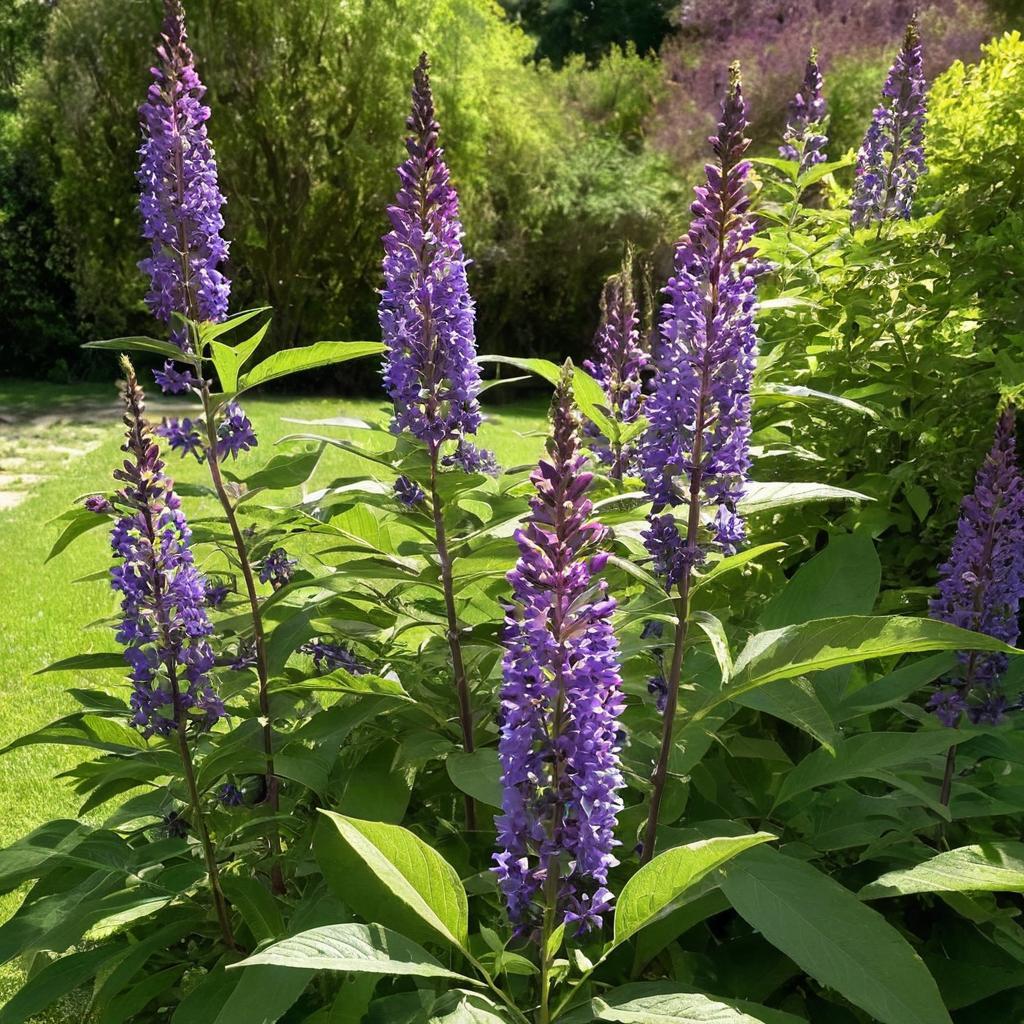
The Chaste Tree is a flowering shrub known for its pleasant fragrance and medicinal properties. The plant’s strong scent is believed to deter snakes and other wildlife. It is often planted in gardens for its aromatic flowers, which attract pollinators, while also acting as a natural repellent.
- Plant Type: Deciduous shrub or small tree.
- Benefits: Known for its ability to regulate hormonal balance and support reproductive health.
- Care: Prefers full sun, well-drained soil, and occasional watering.
Conclusion
Growing plants to deter snakes is a natural, safe way to protect your home and family.
By adding these 33 plants to your garden, you create an environment that naturally repels snakes while making your outdoor space more beautiful.
The strong scents and dense root systems of these plants make them excellent deterrents.
Remember that while these plants help keep snakes away, they work best as part of a complete yard maintenance plan – keeping grass short, removing debris, and sealing potential entry points.
Share your experiences with these snake-repelling plants in the comments below – we’d love to hear which ones worked best in your garden.
Have you tried any of these plants? Let us know how they performed in your snake prevention efforts.

